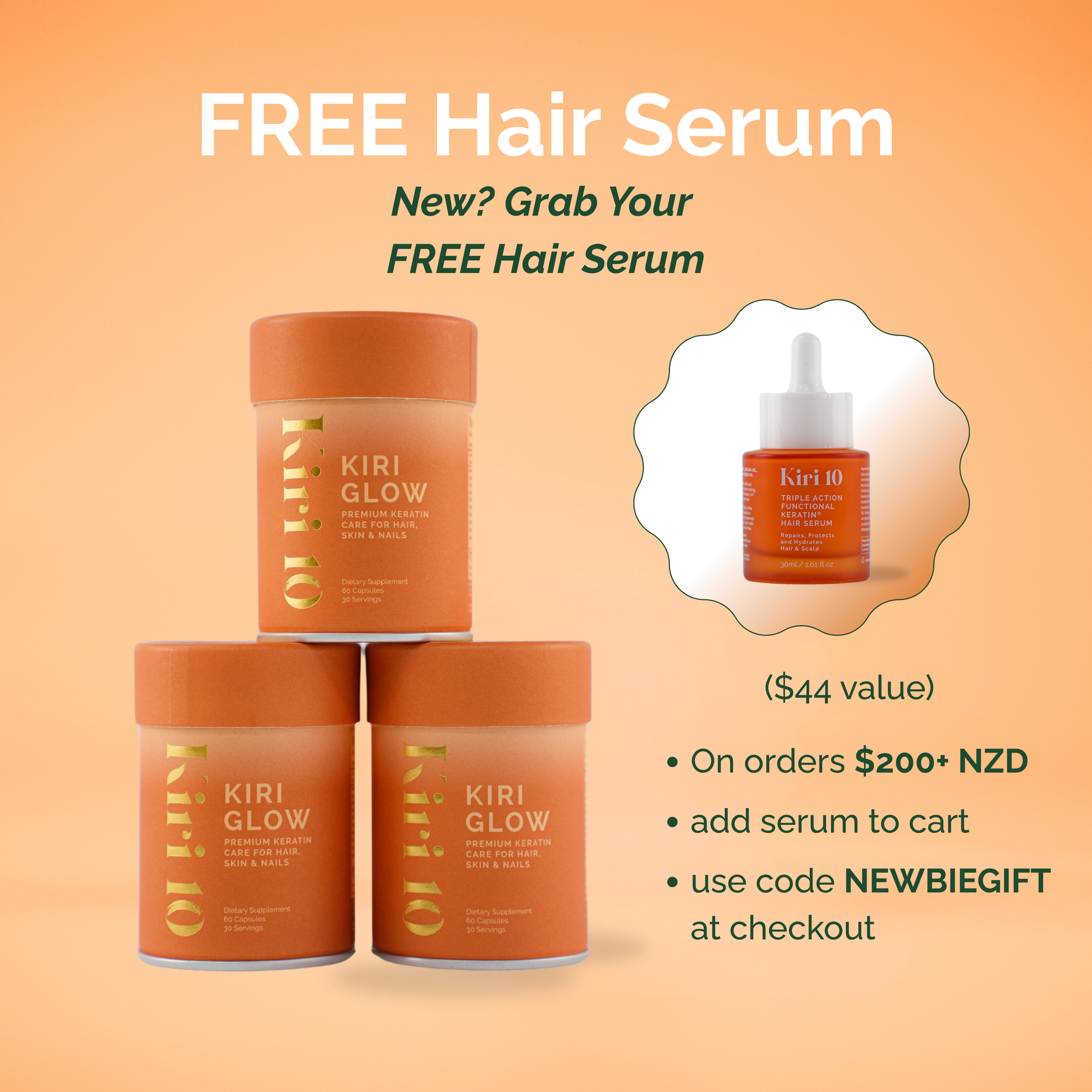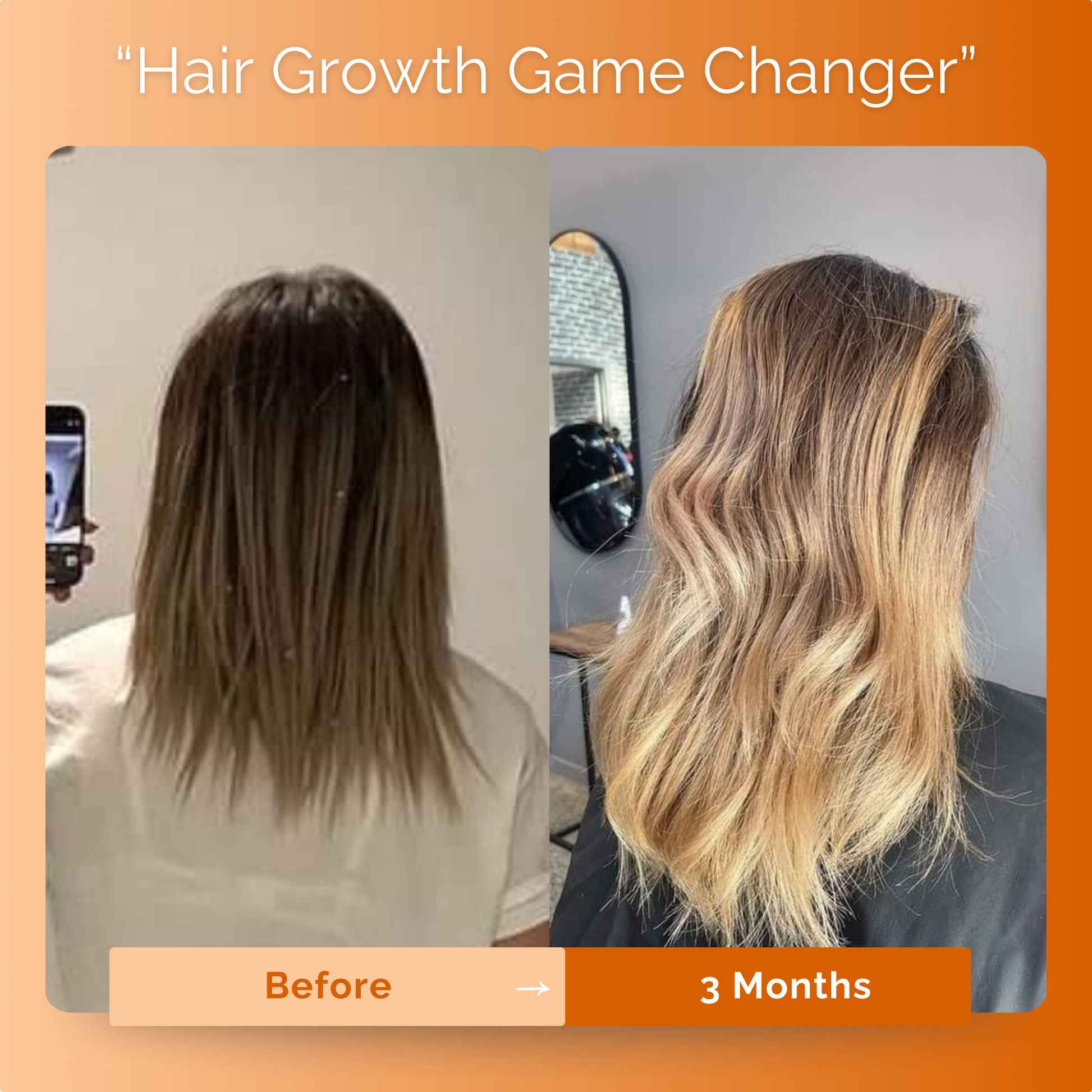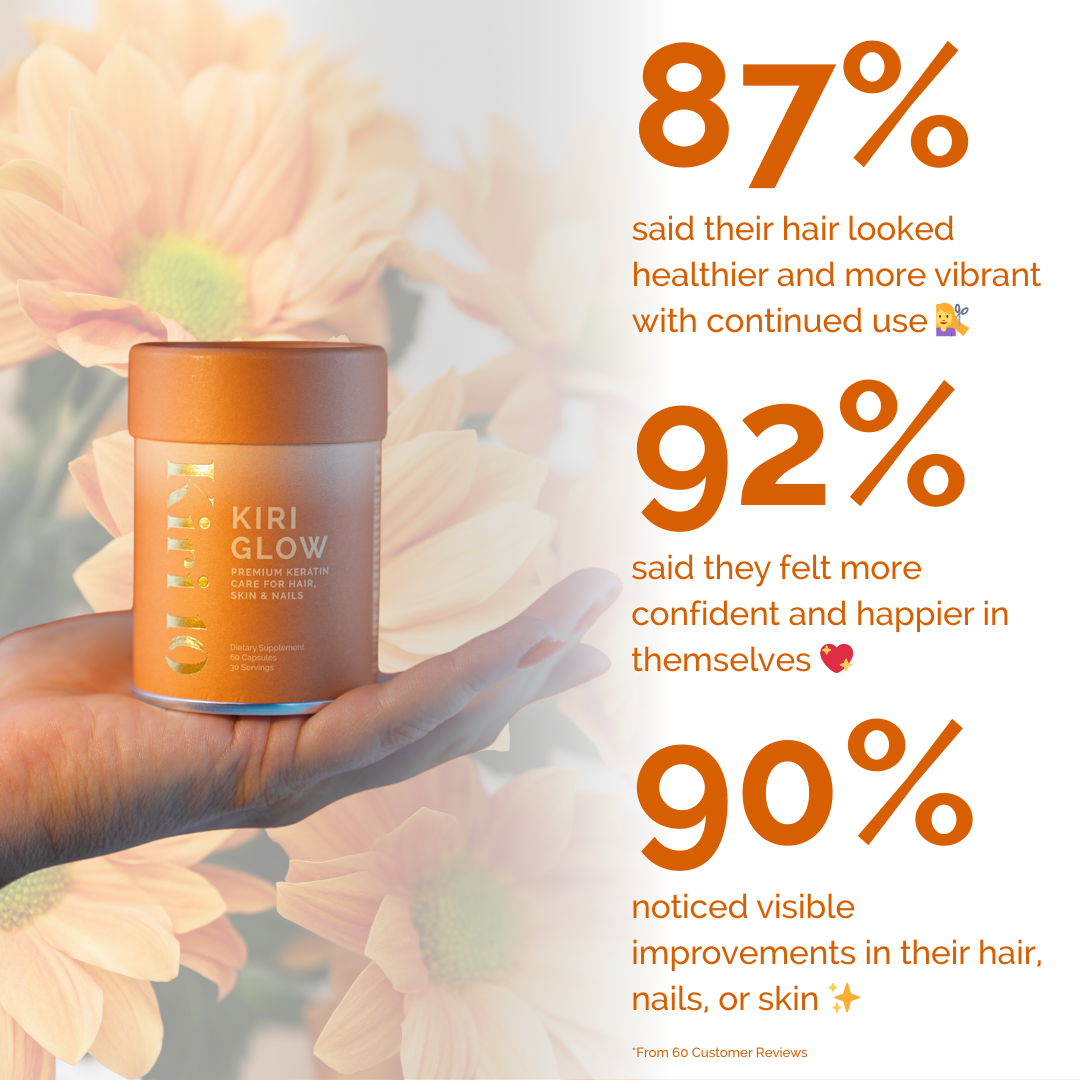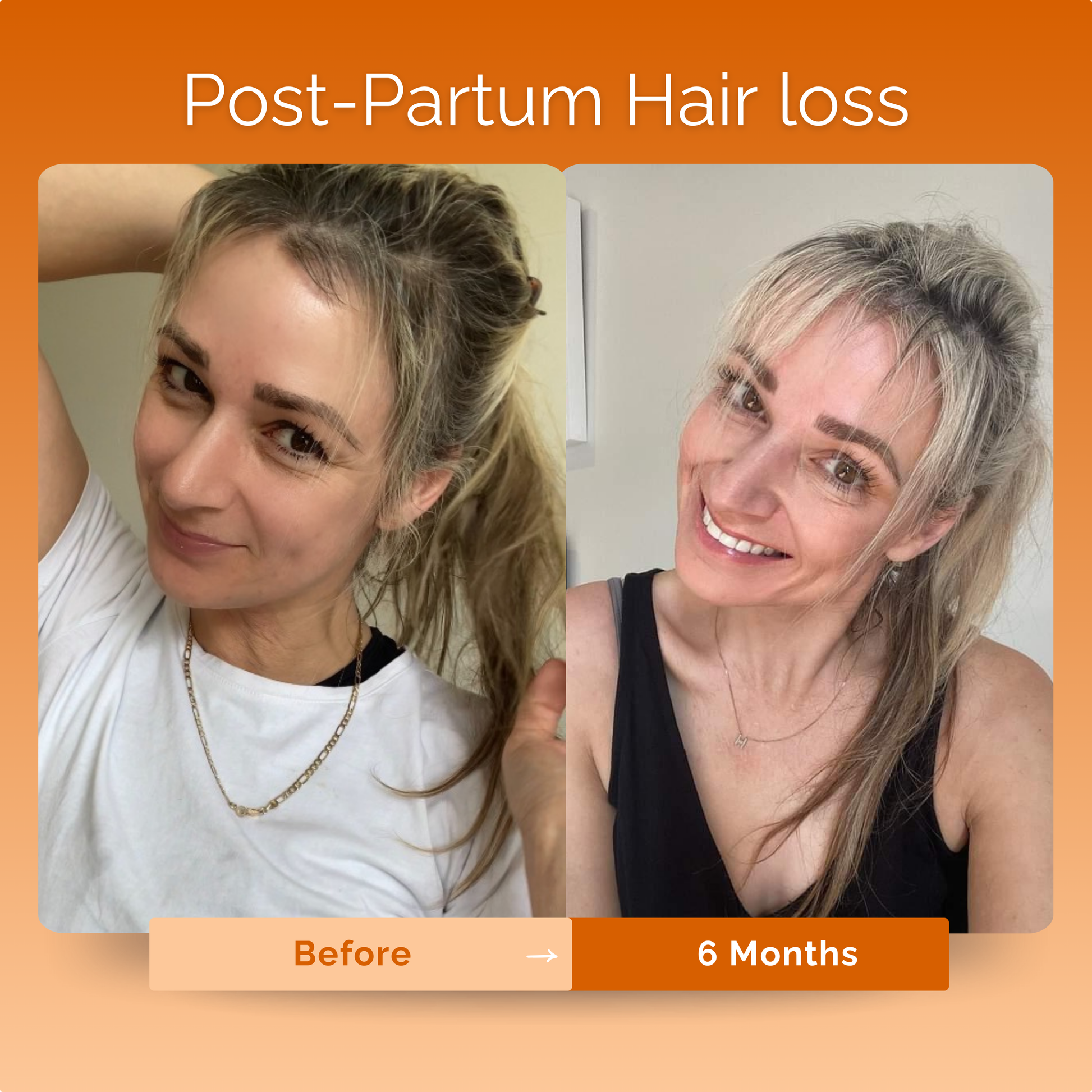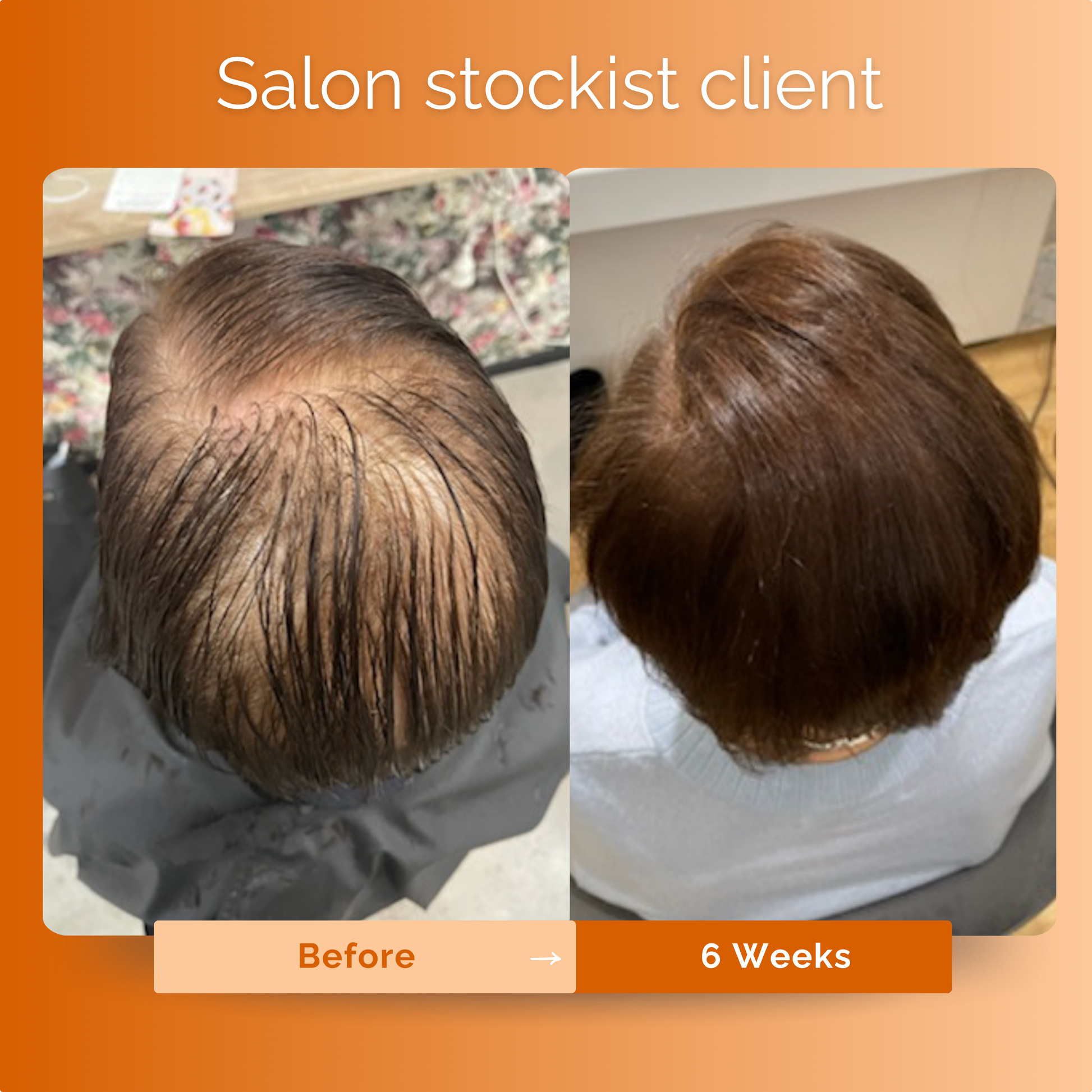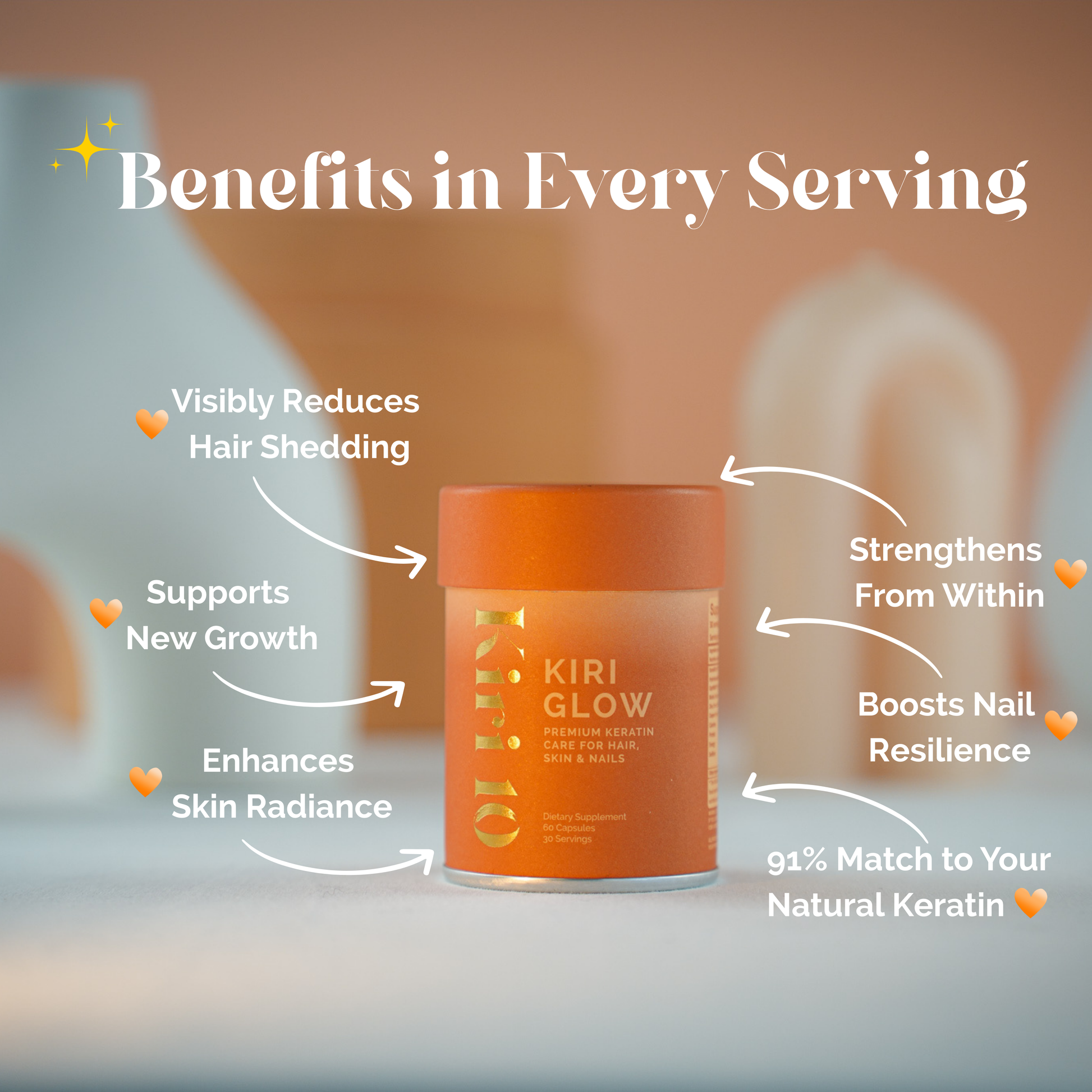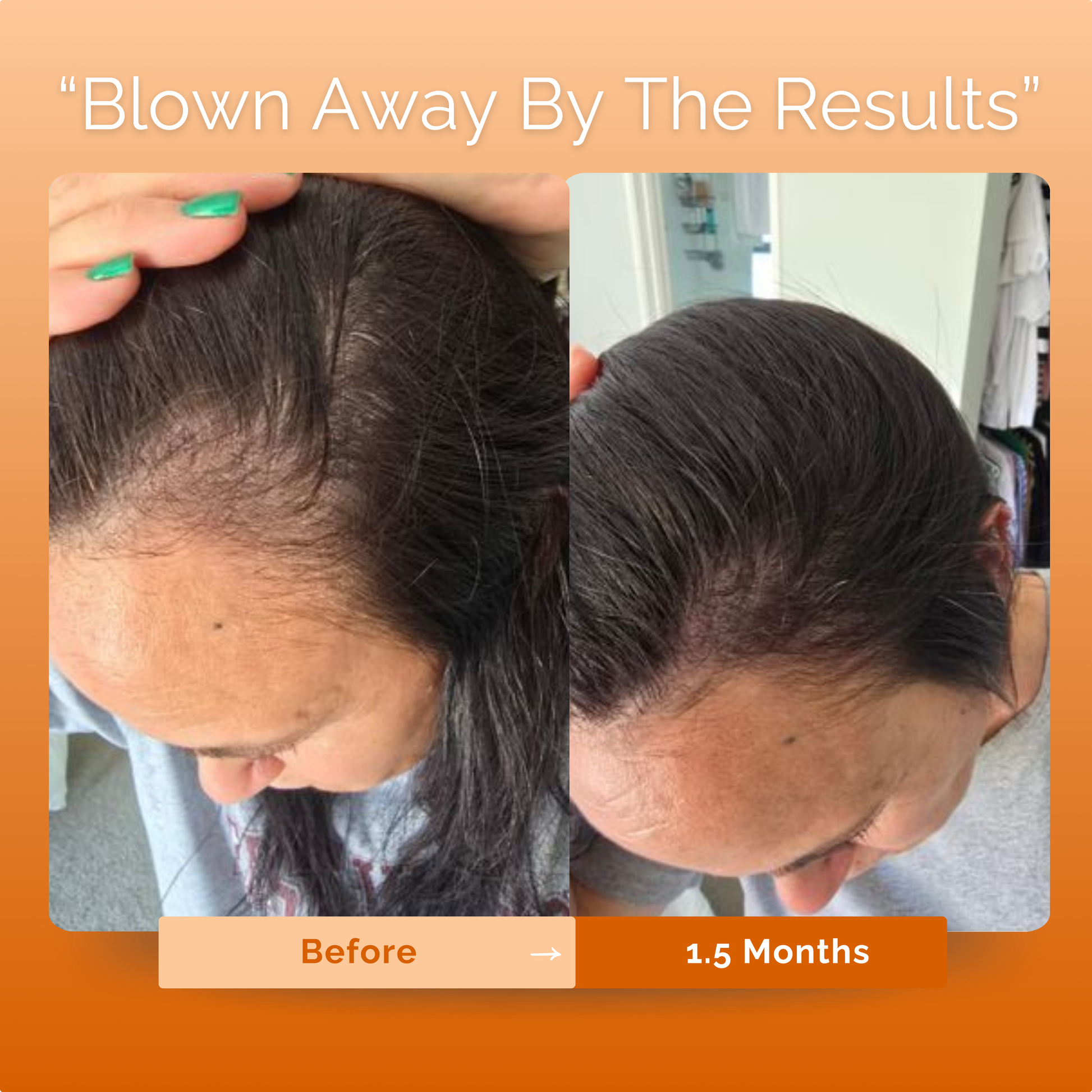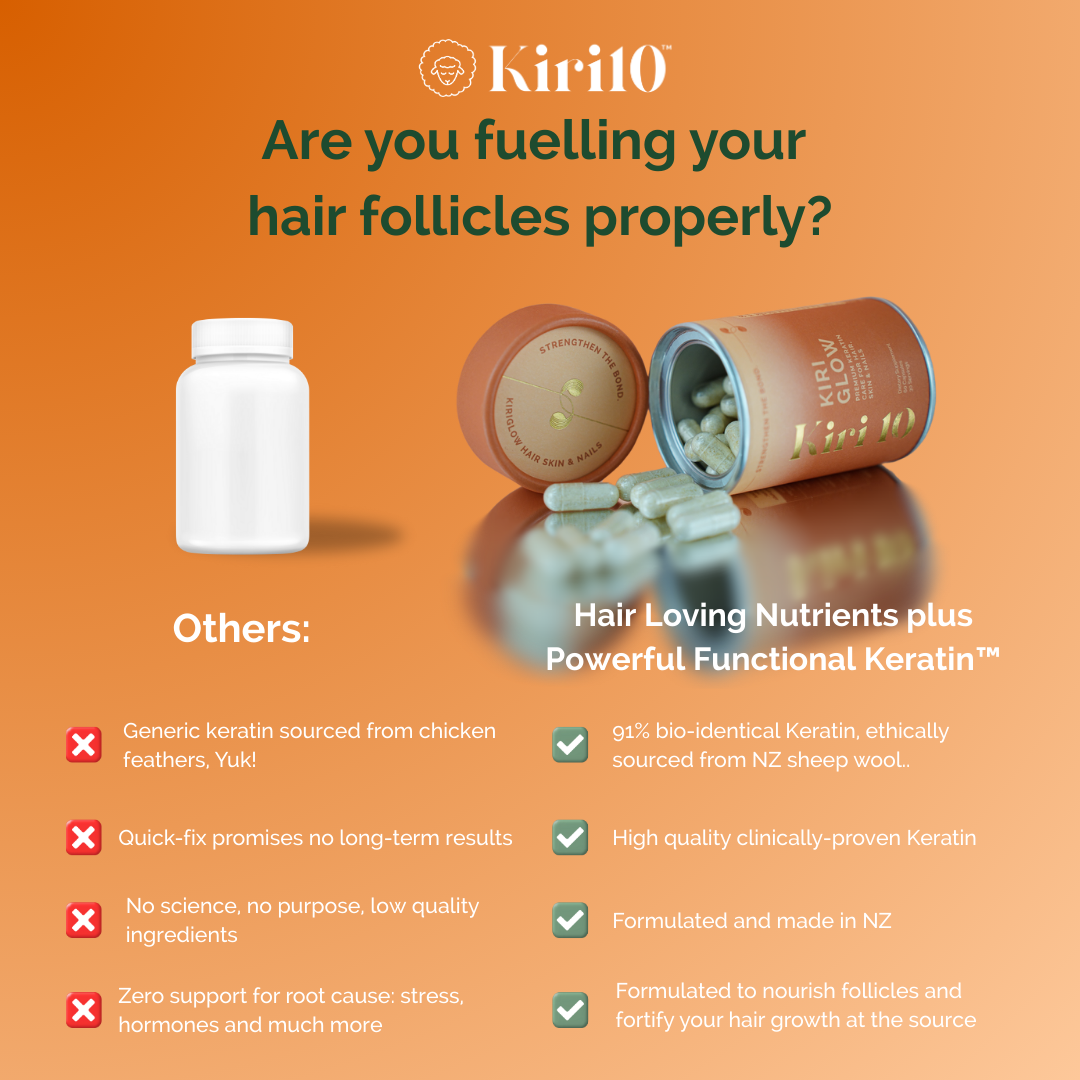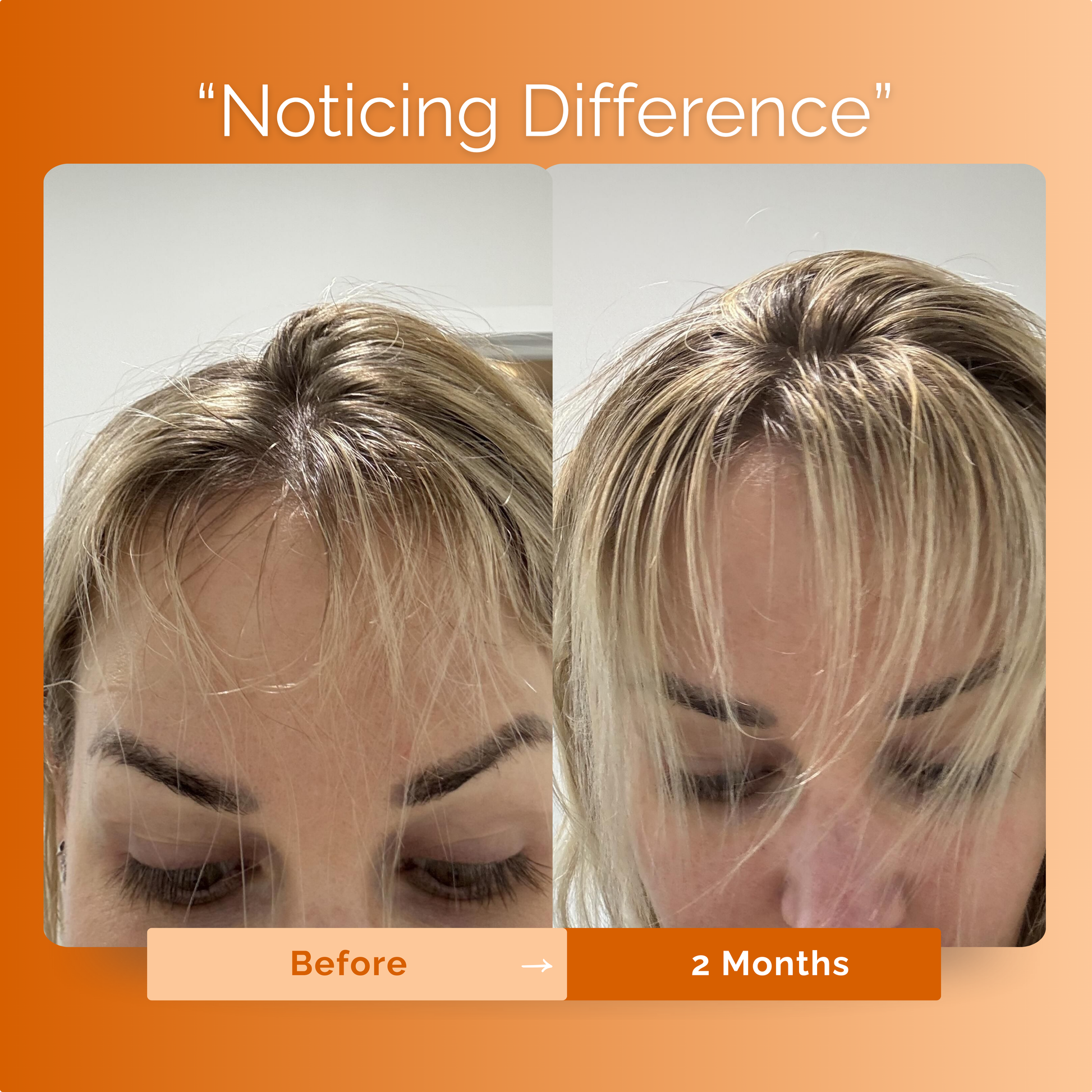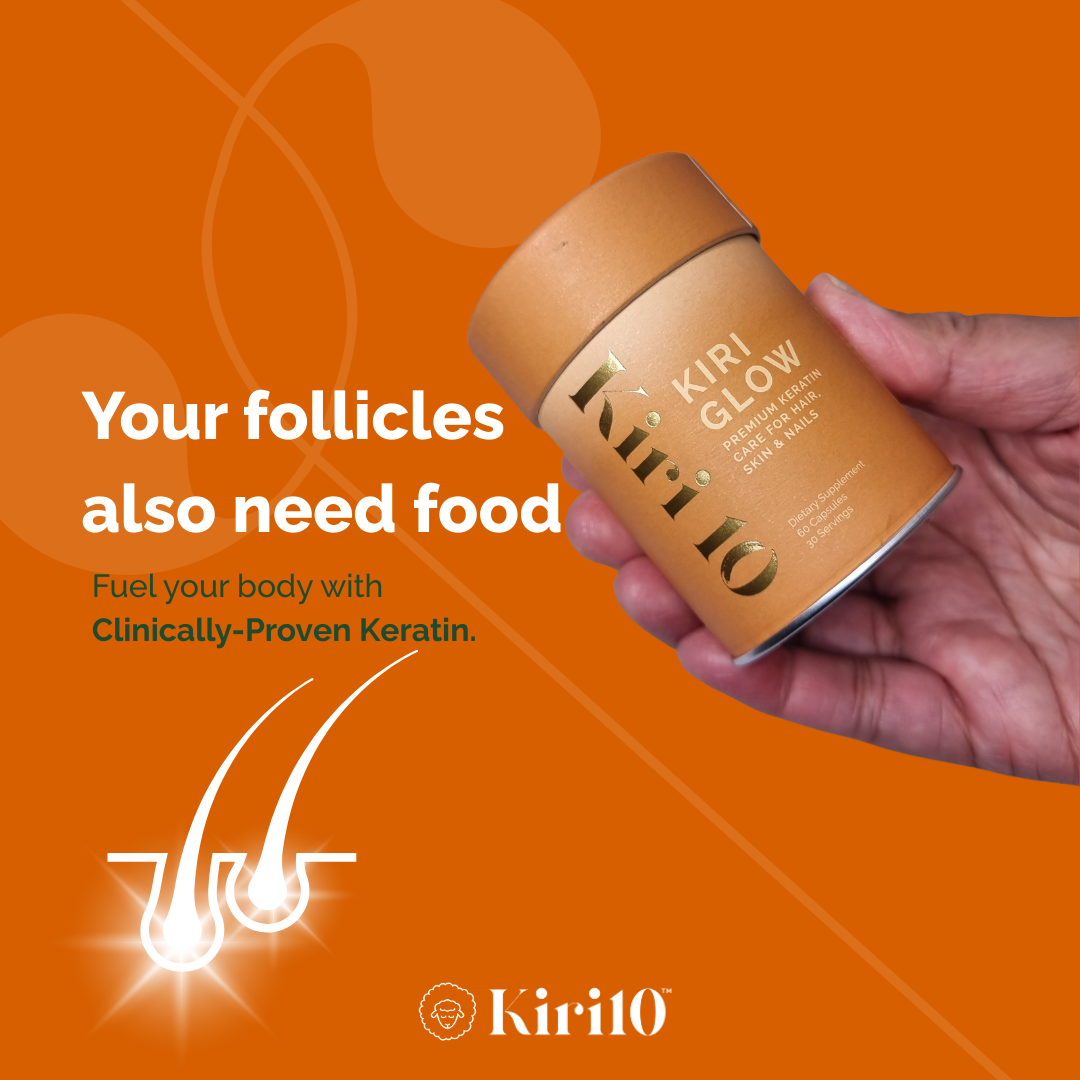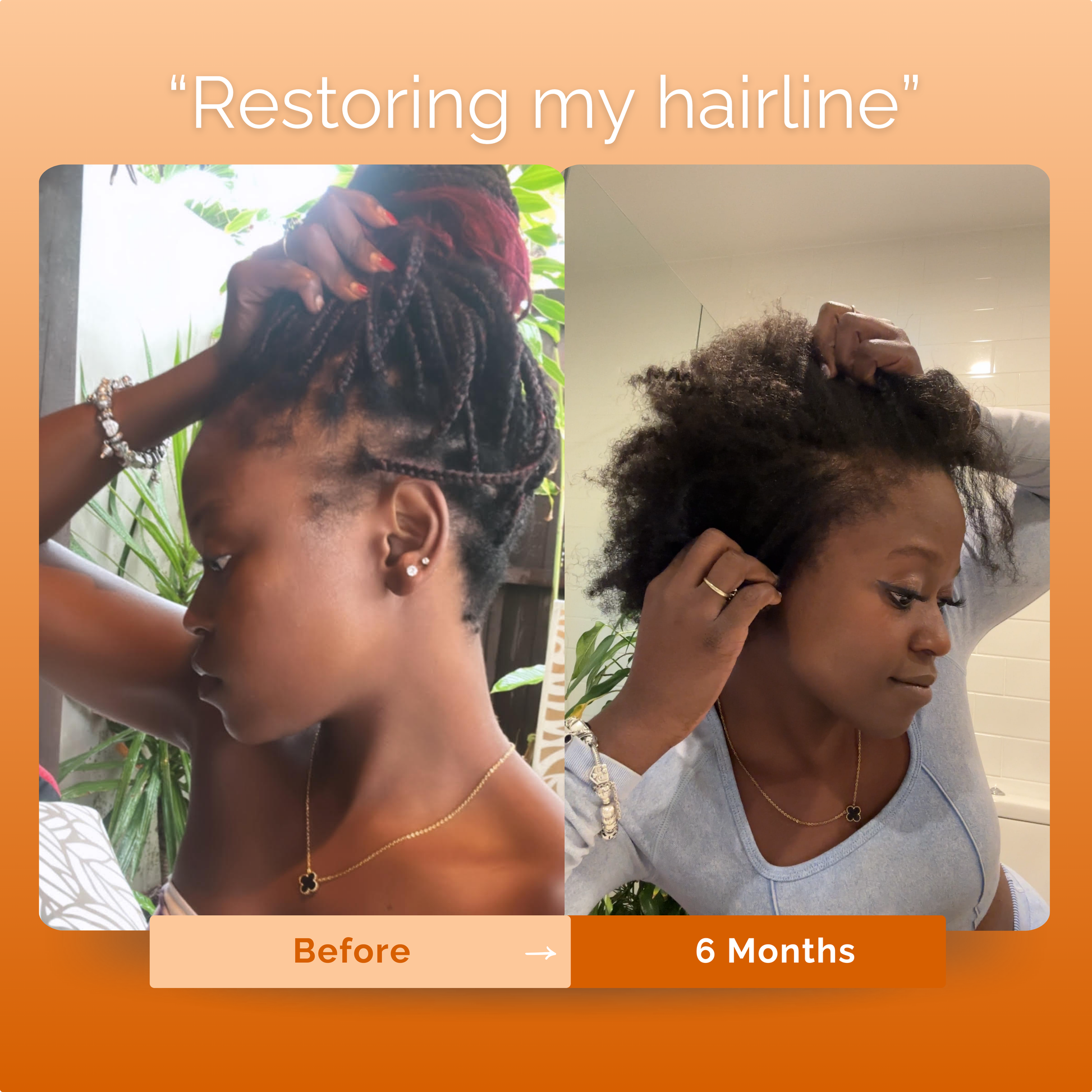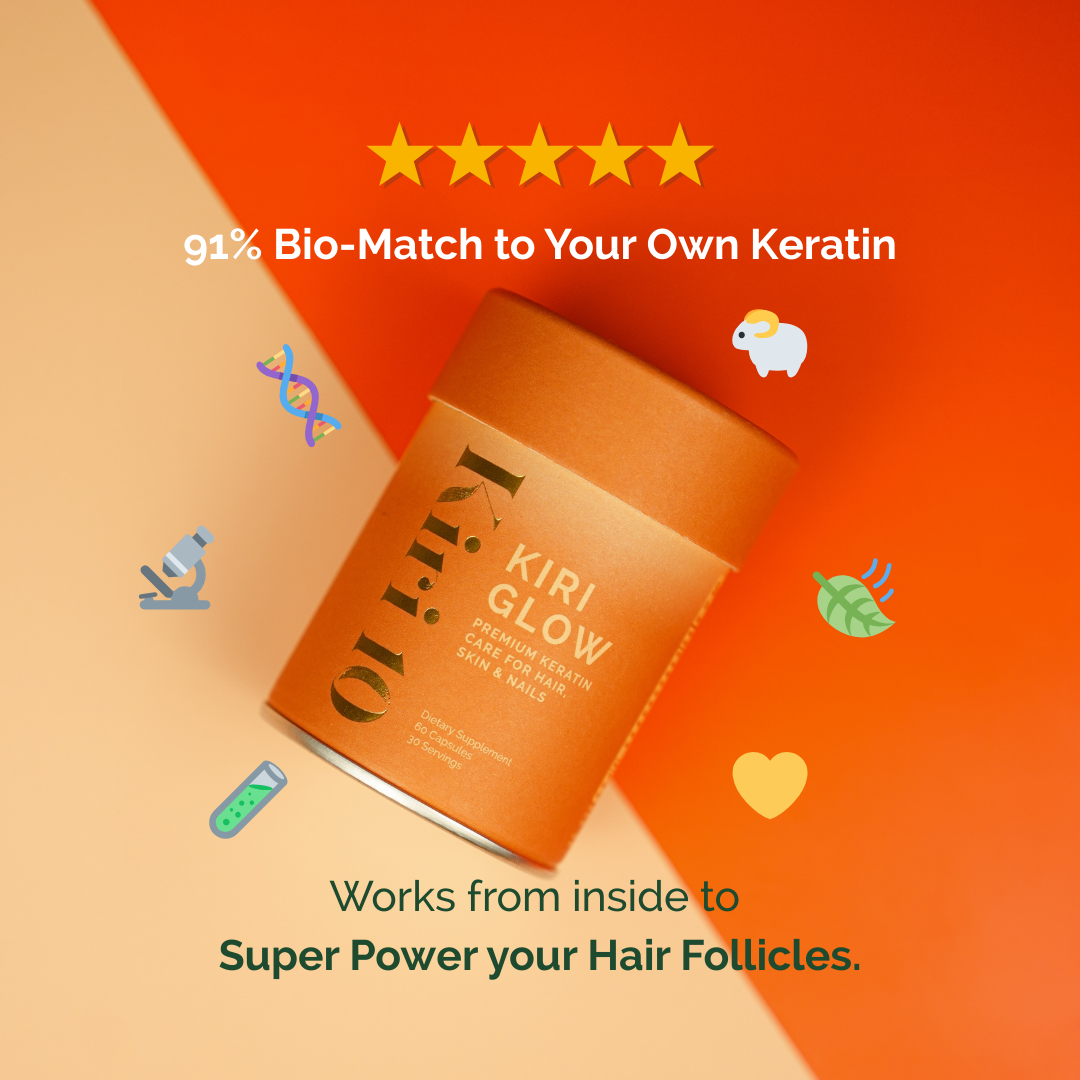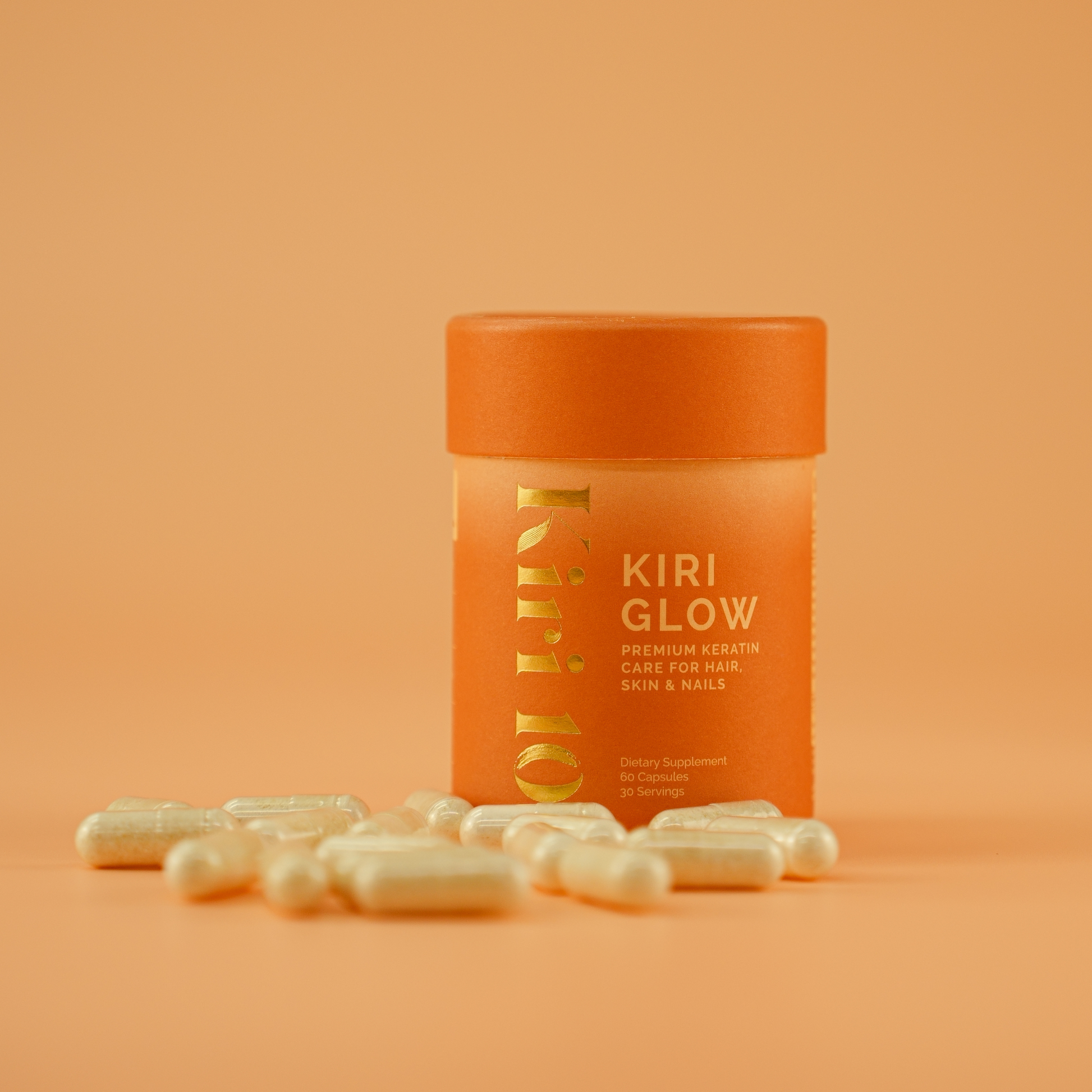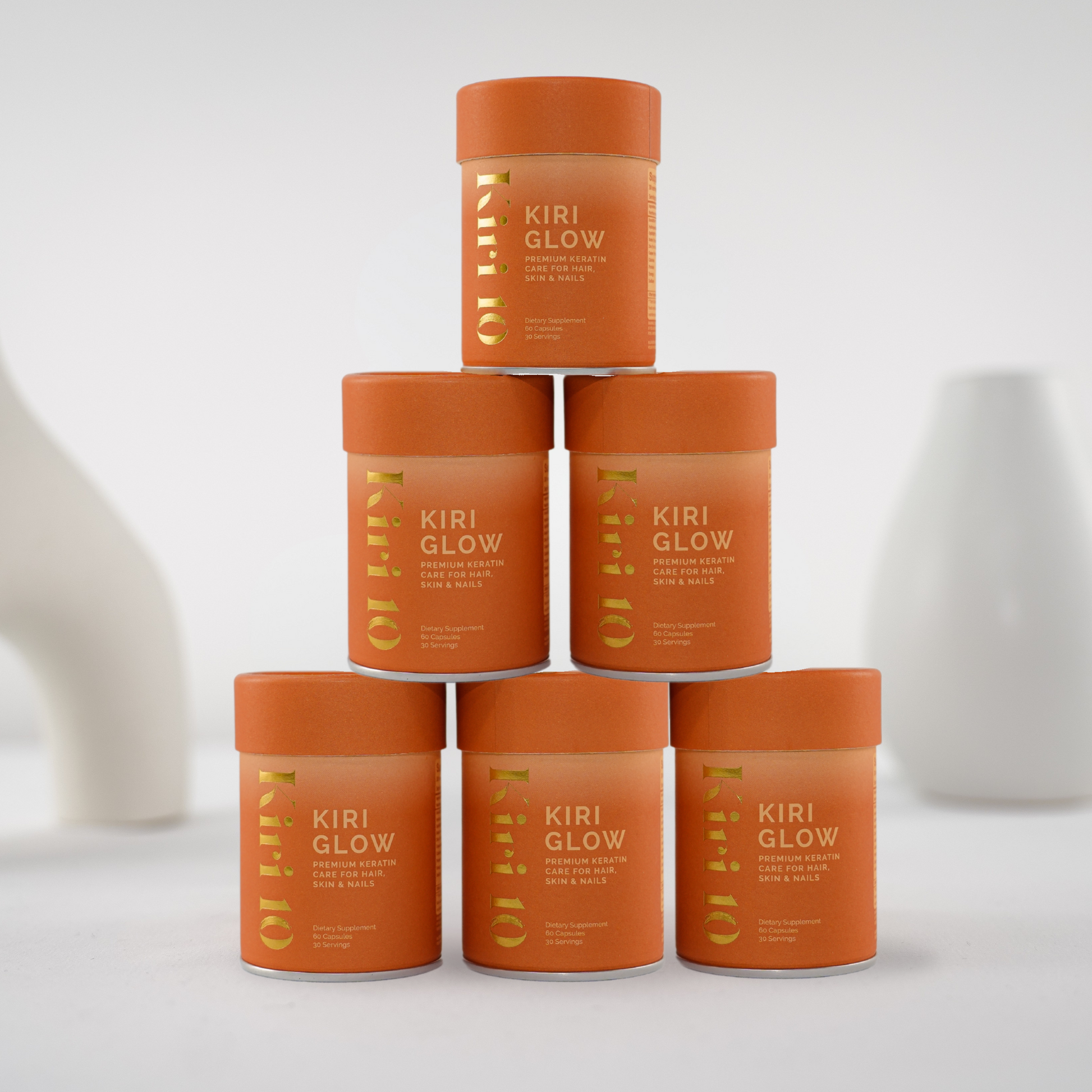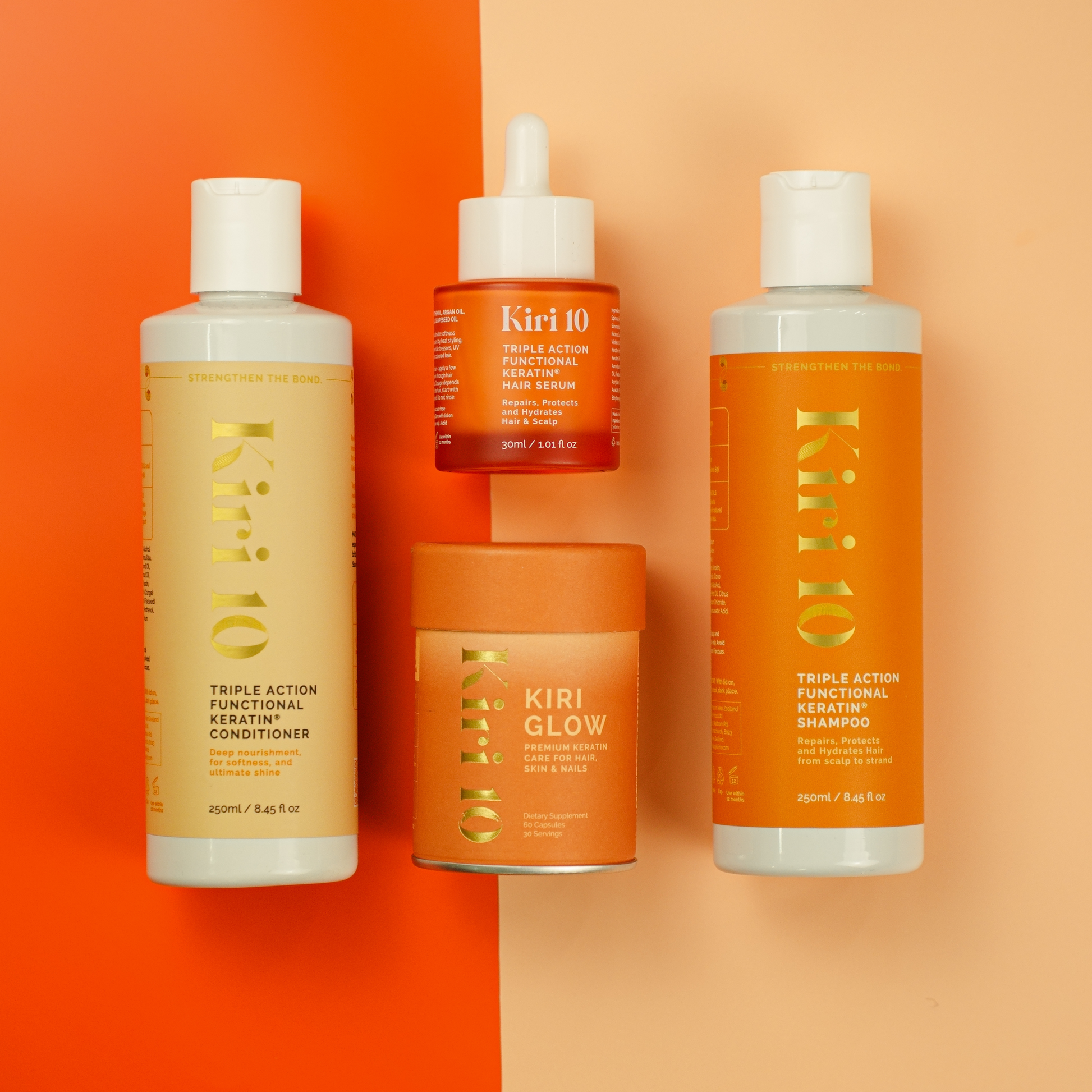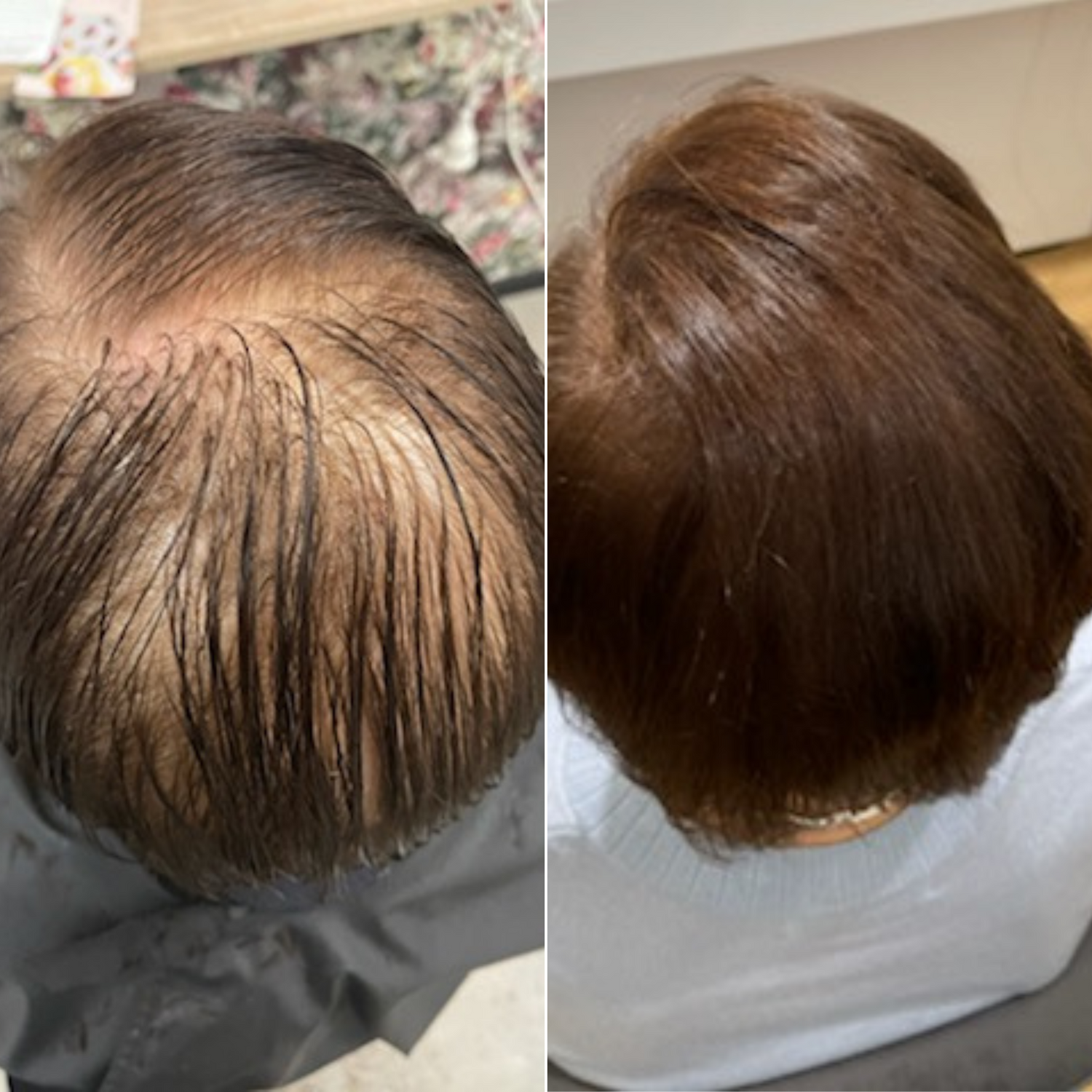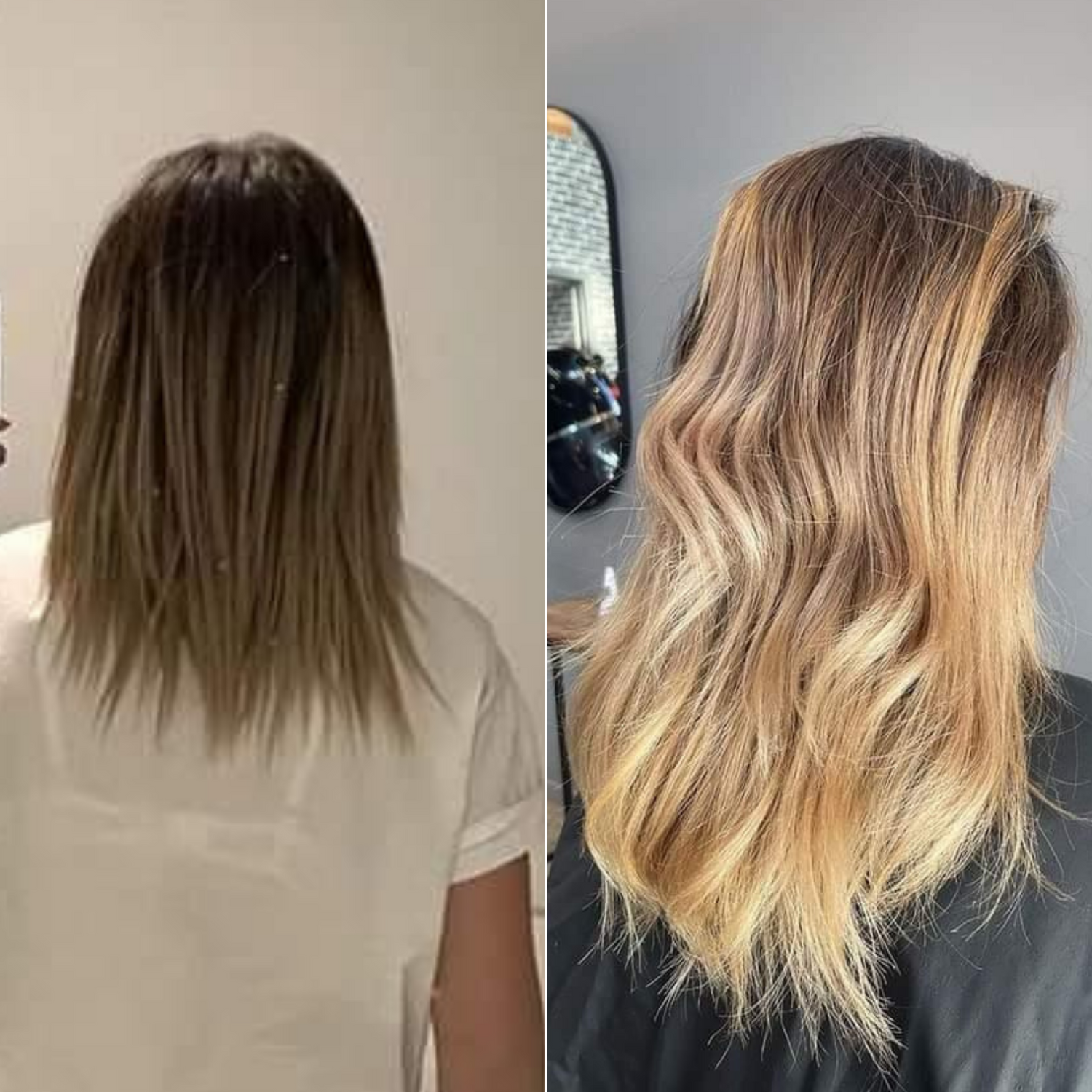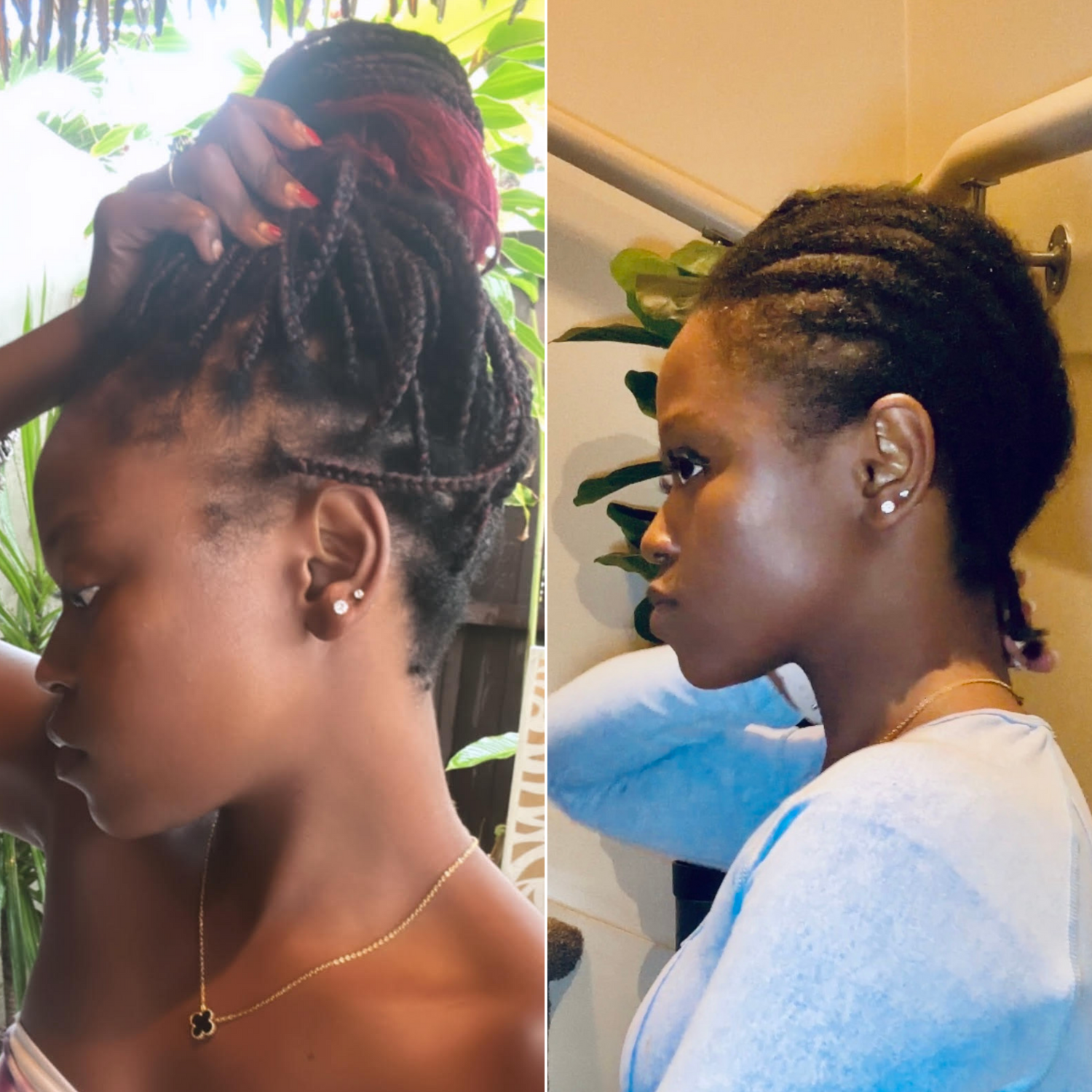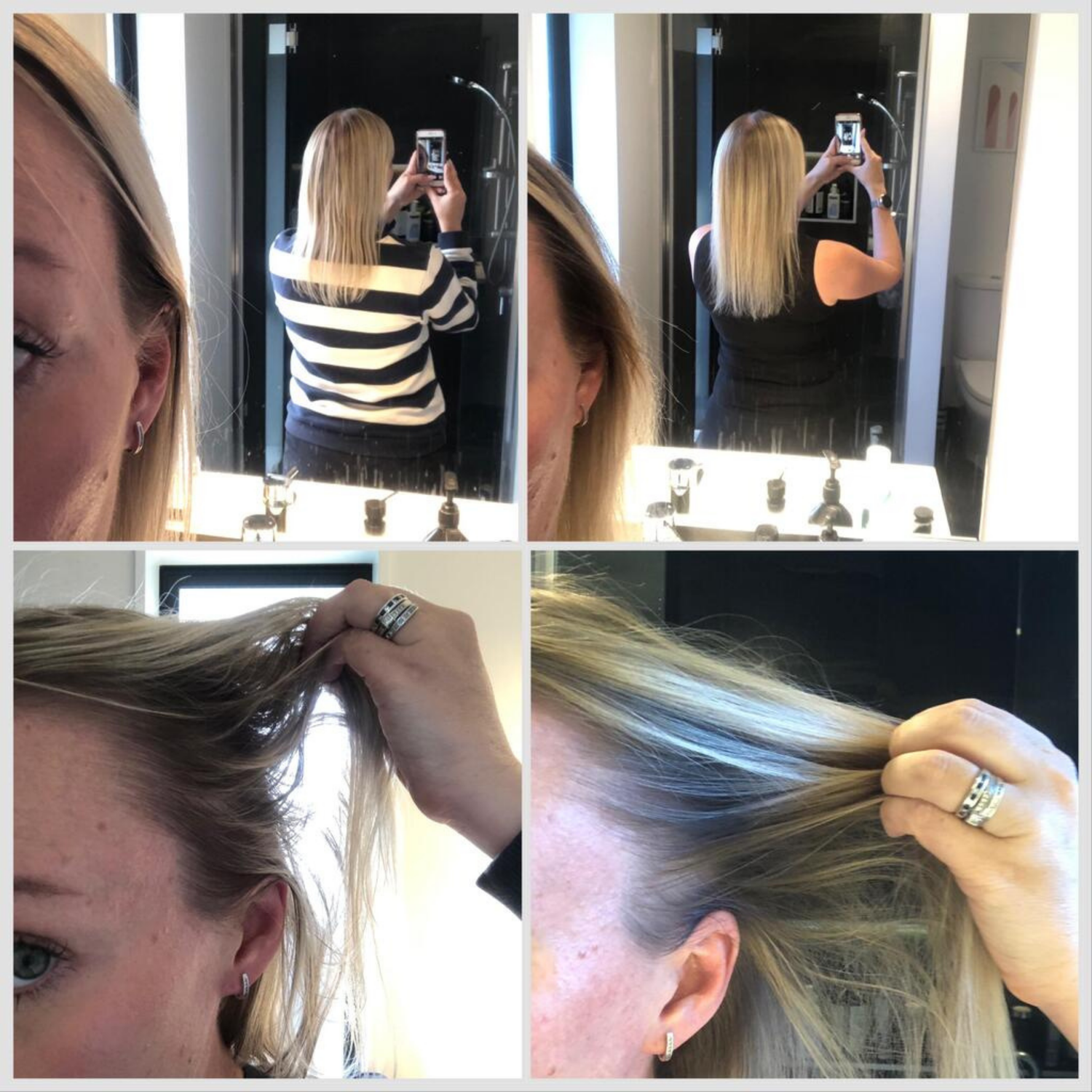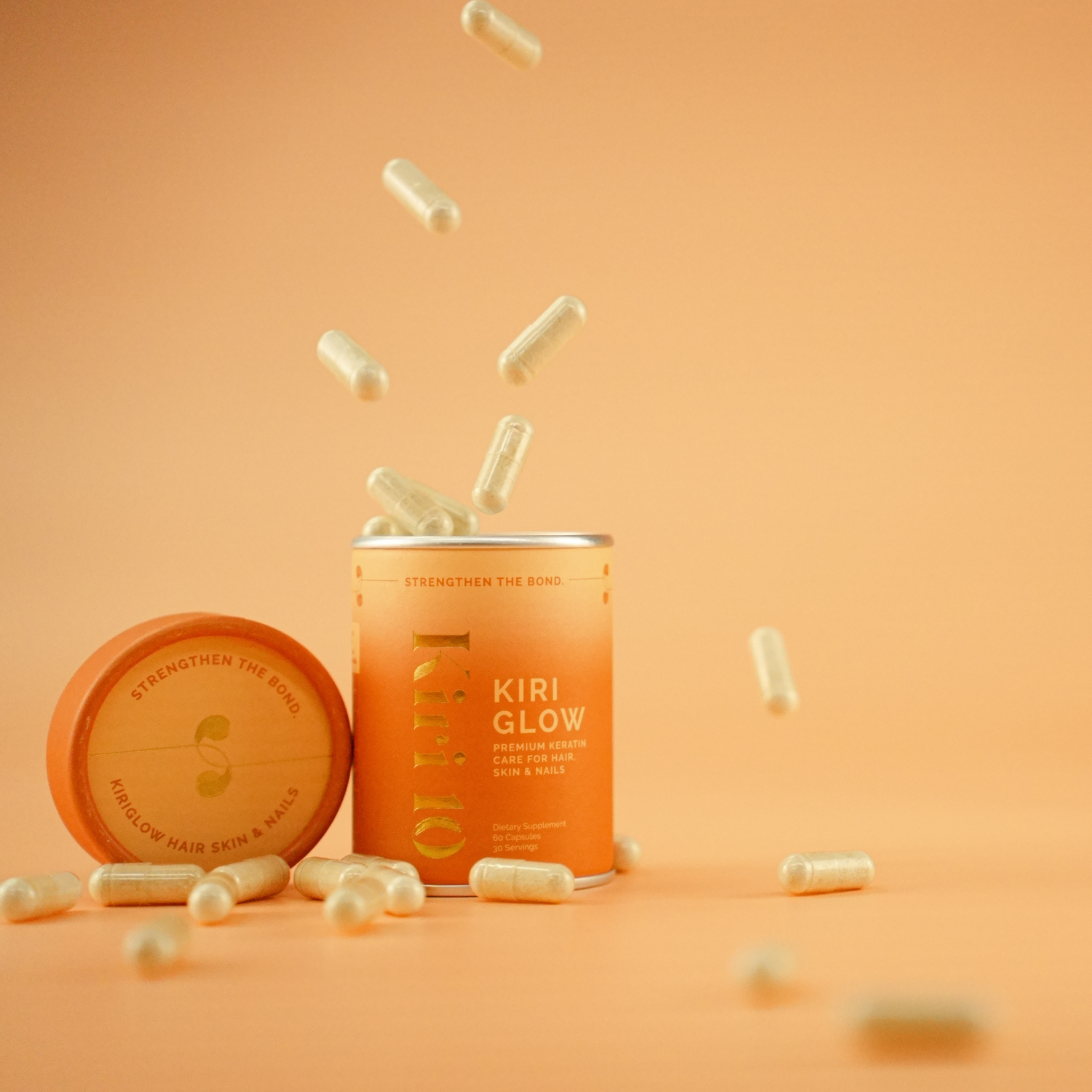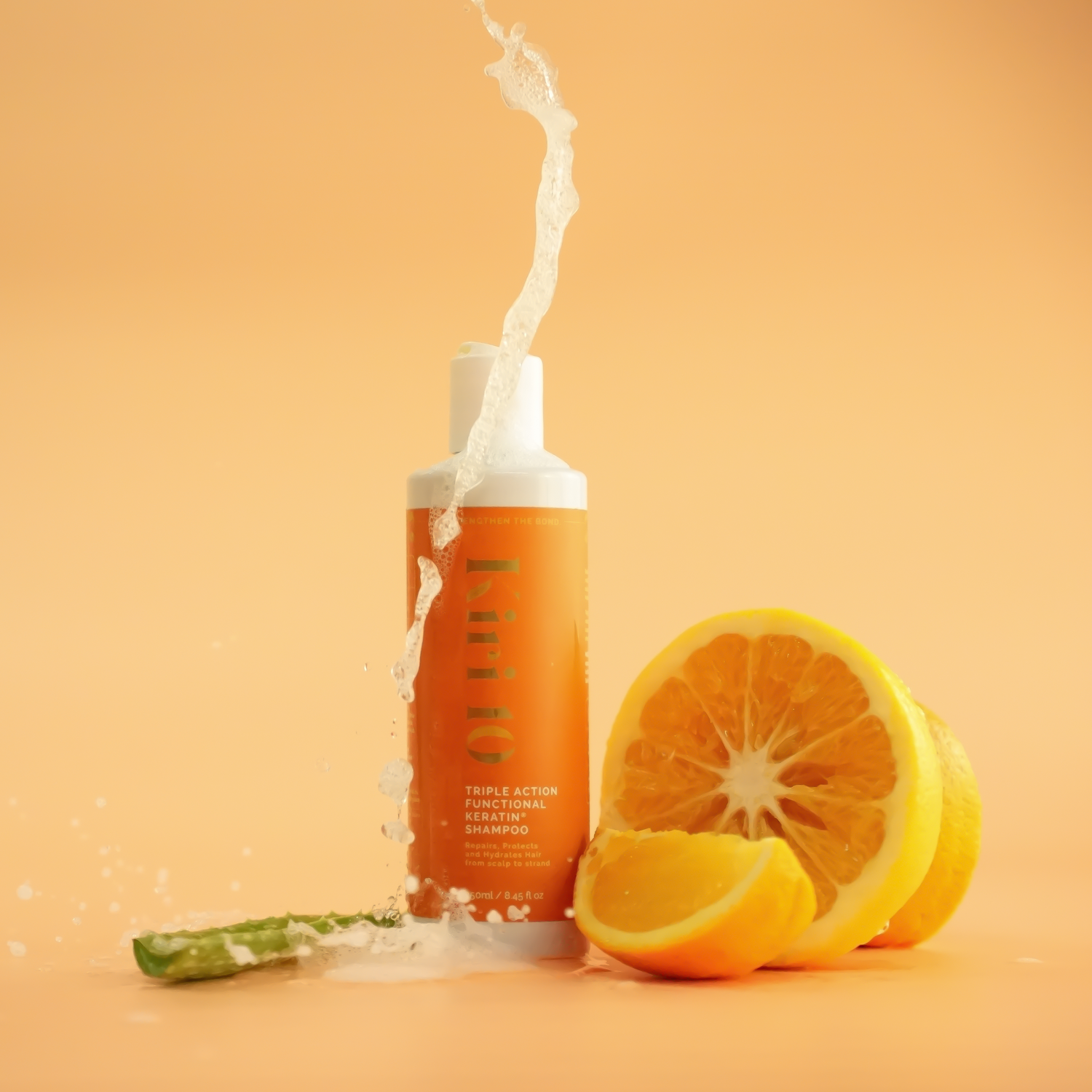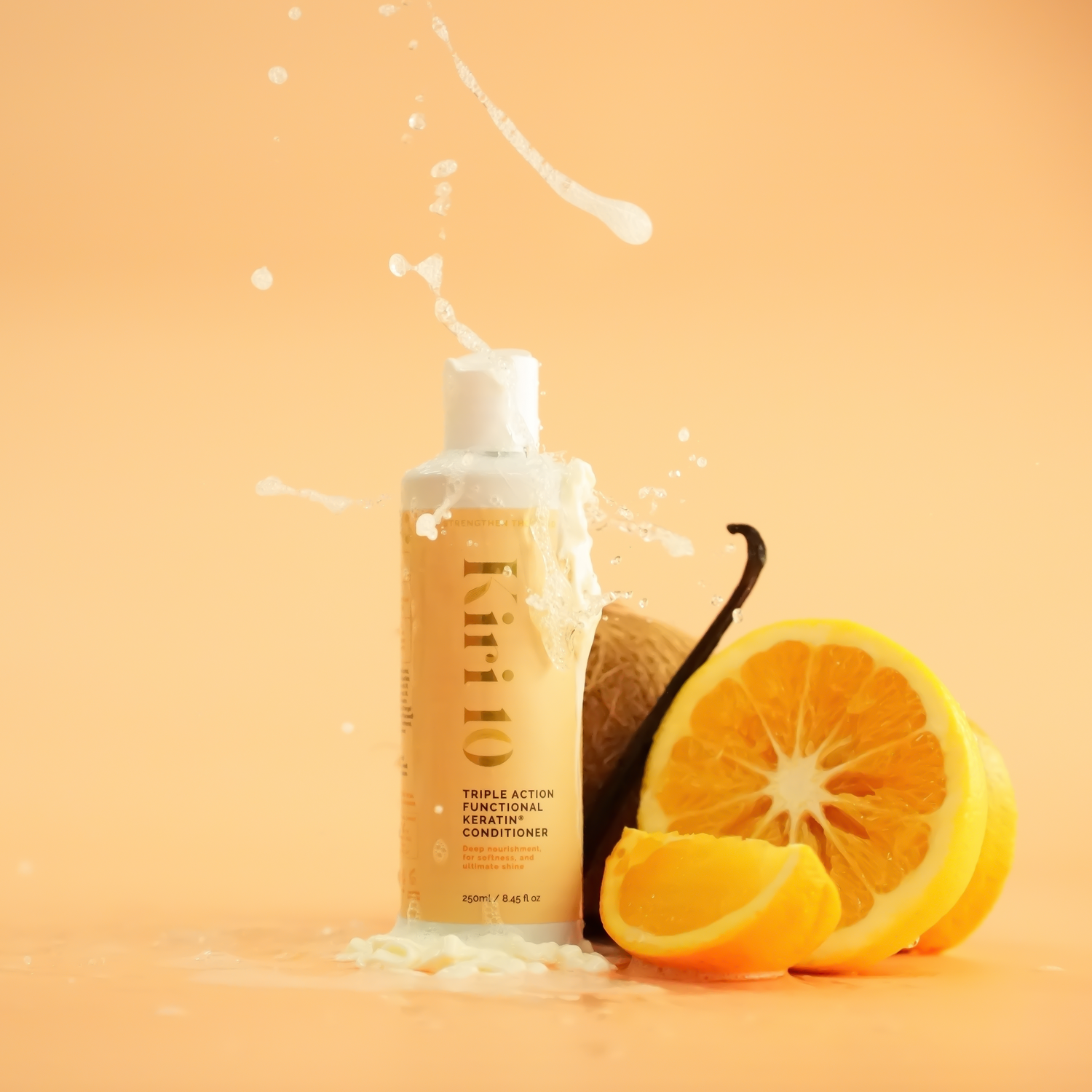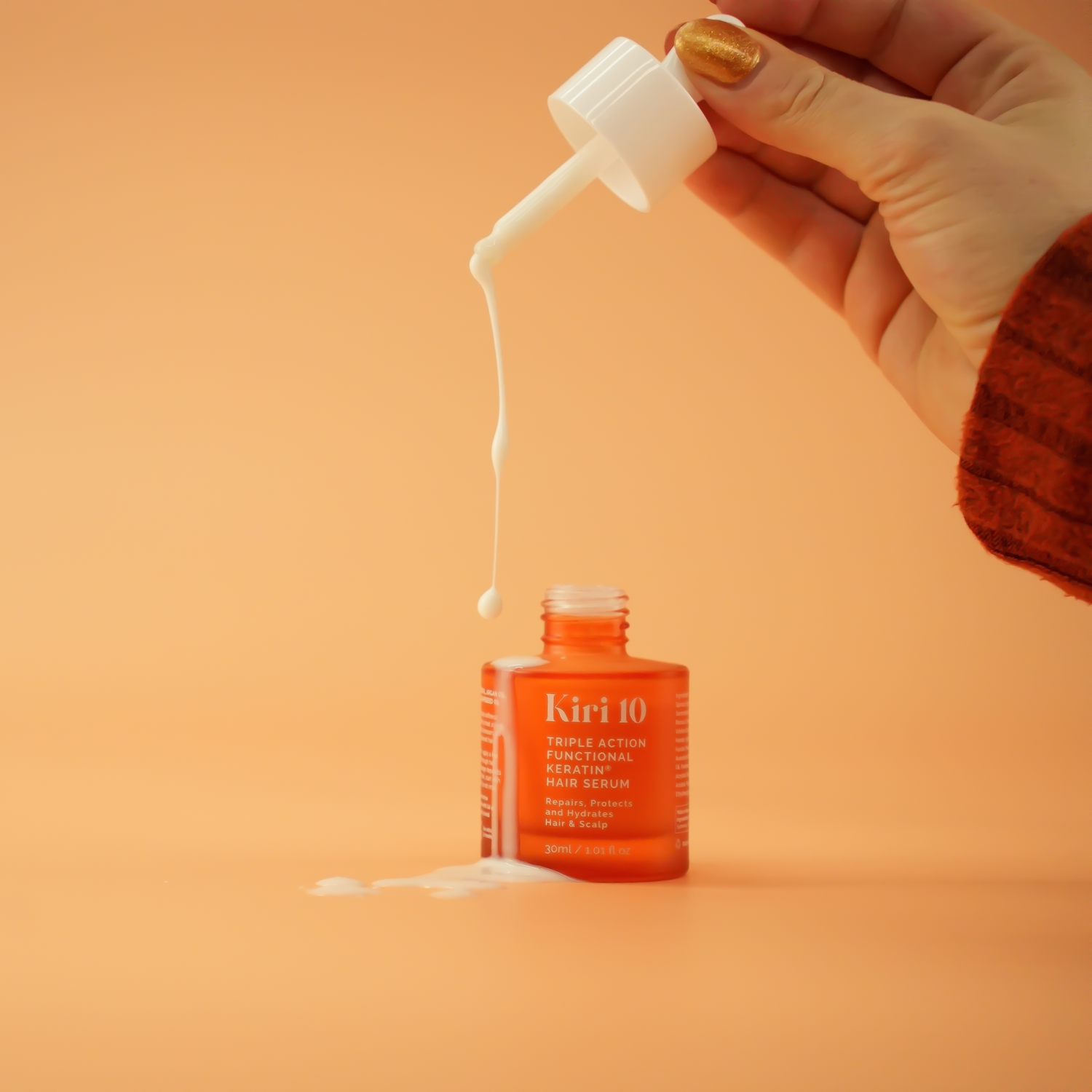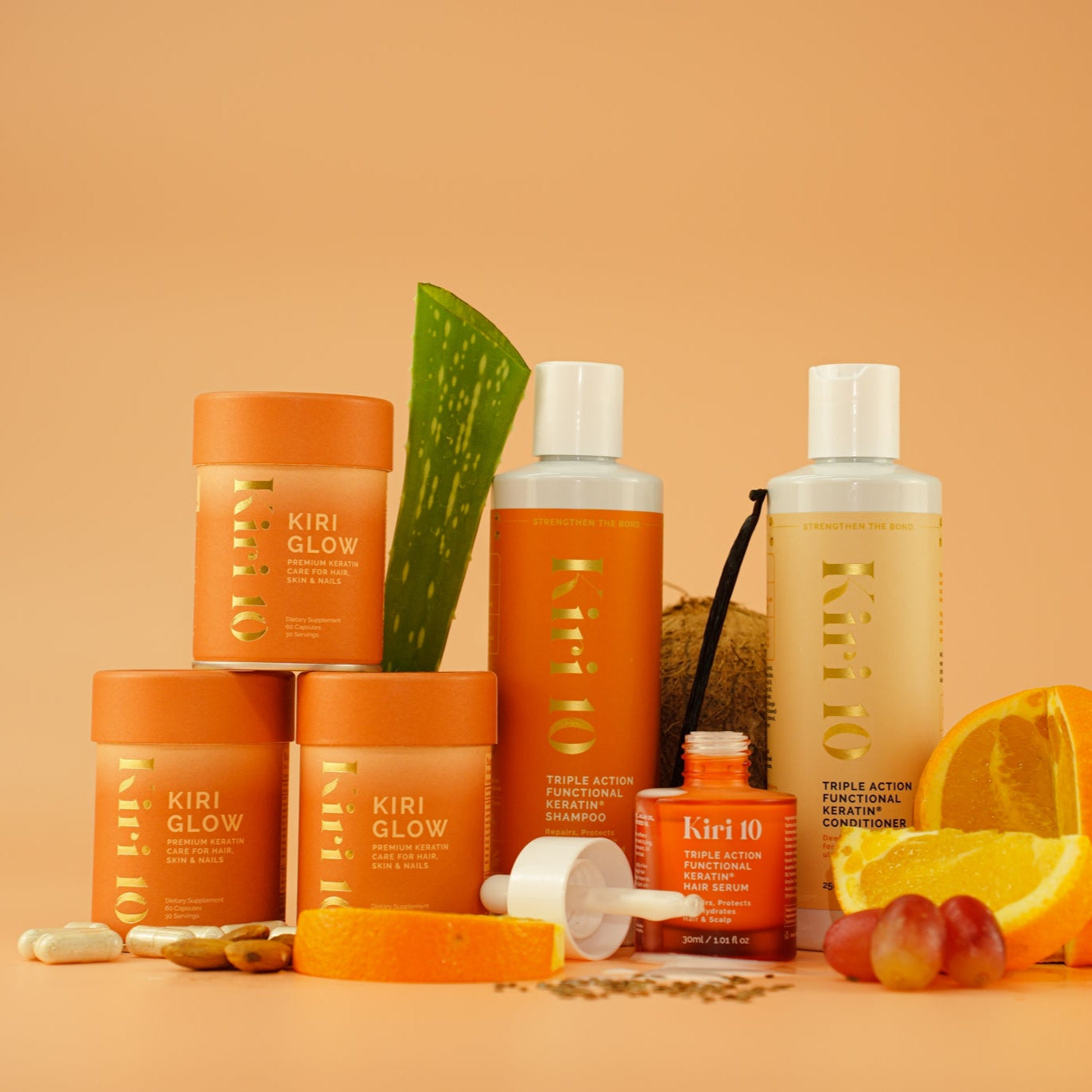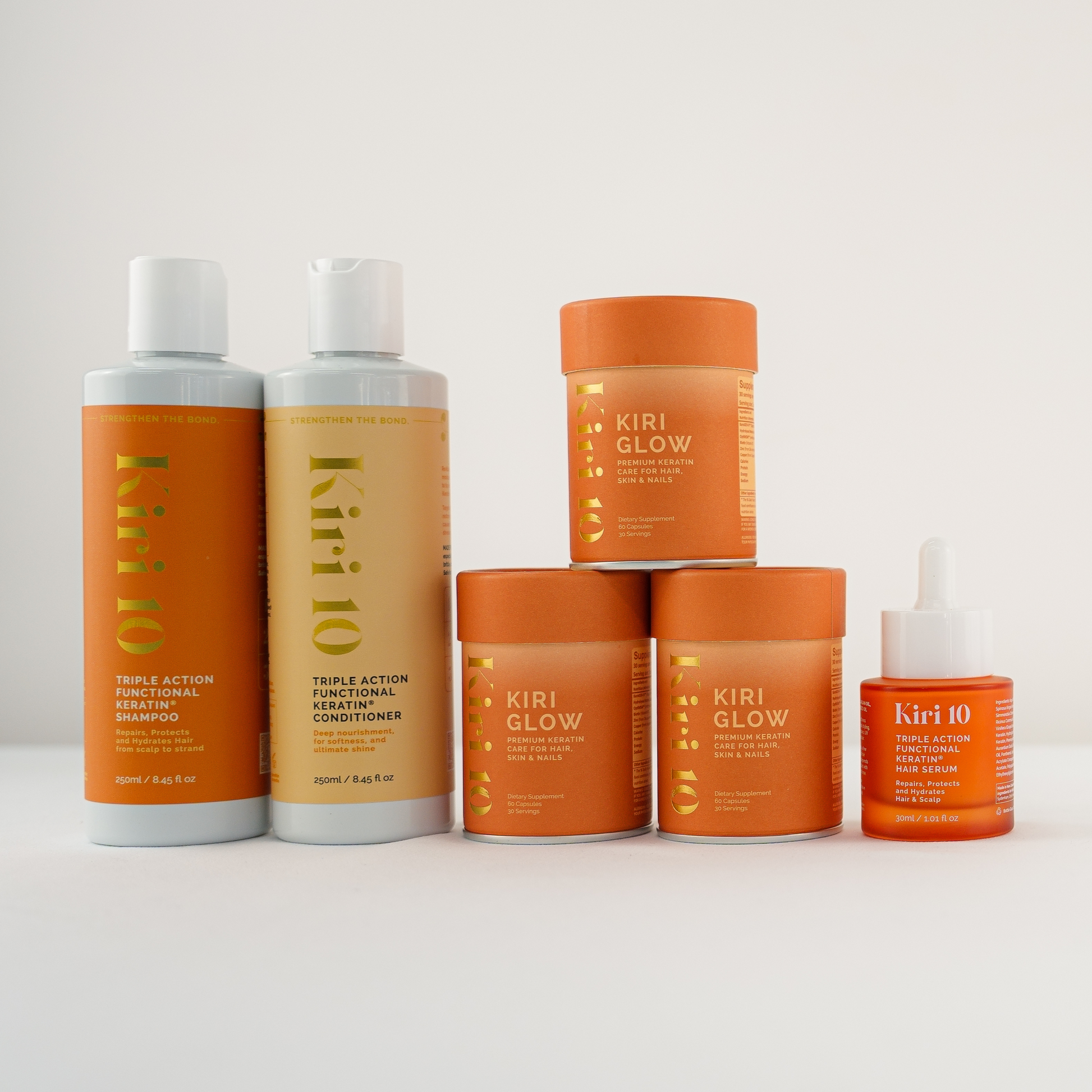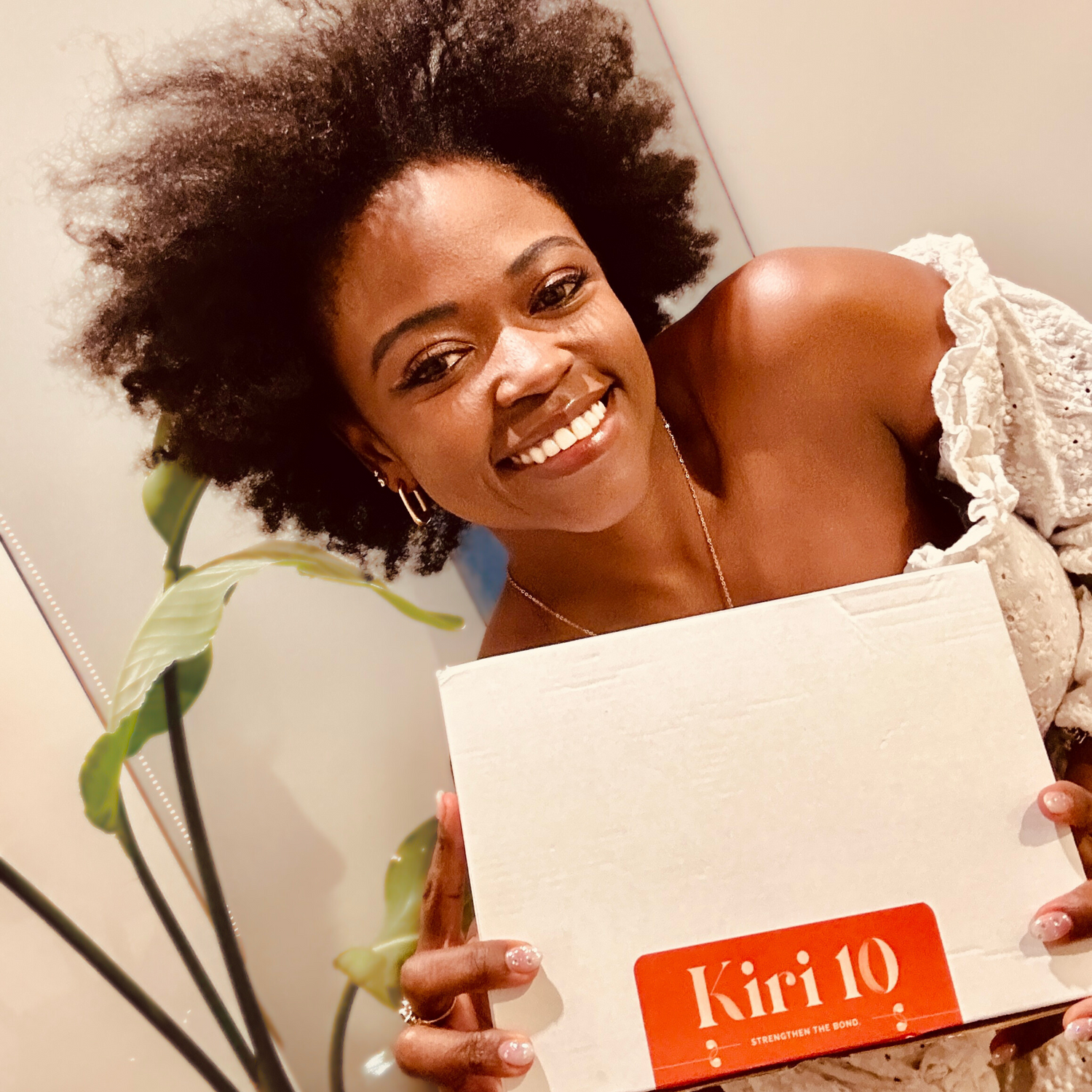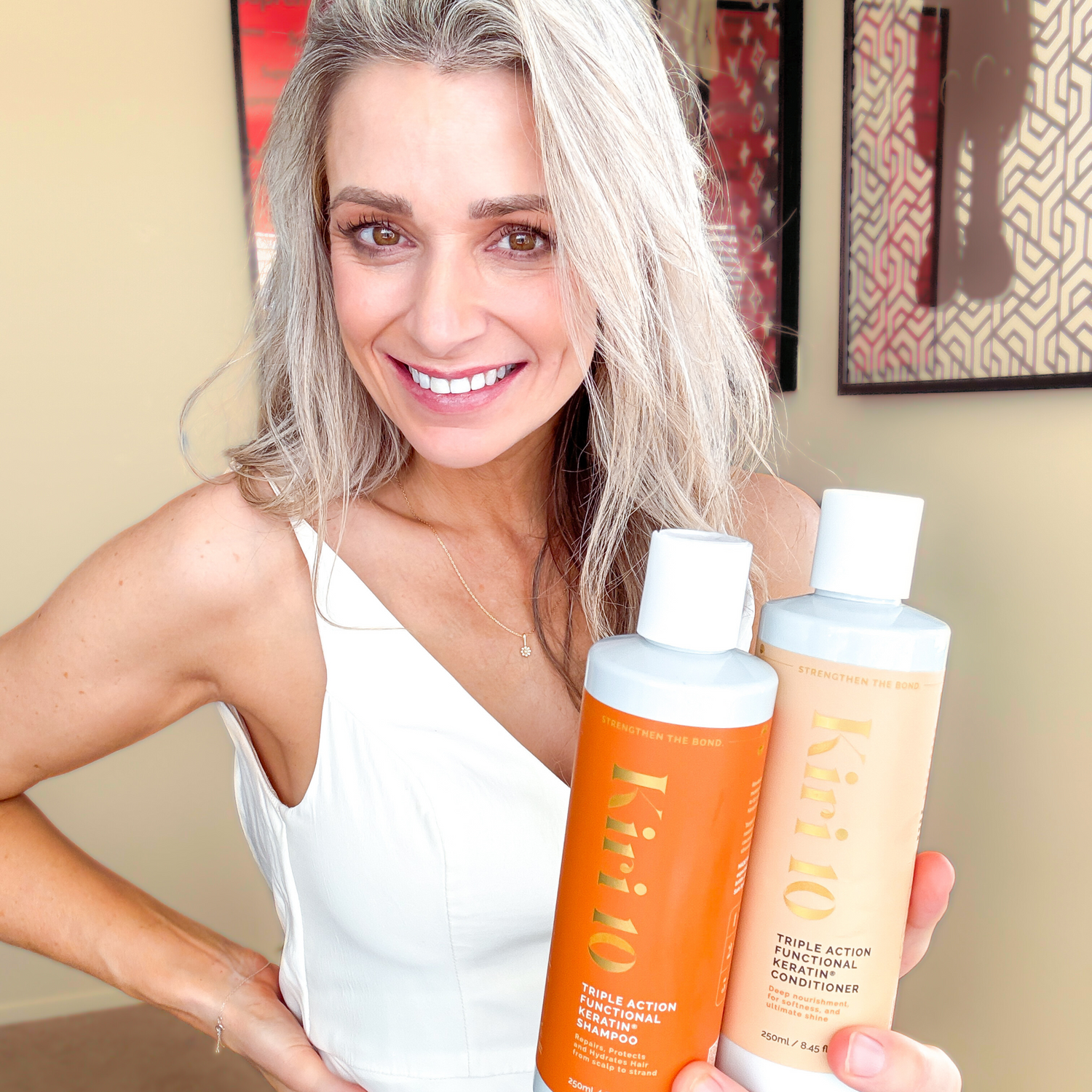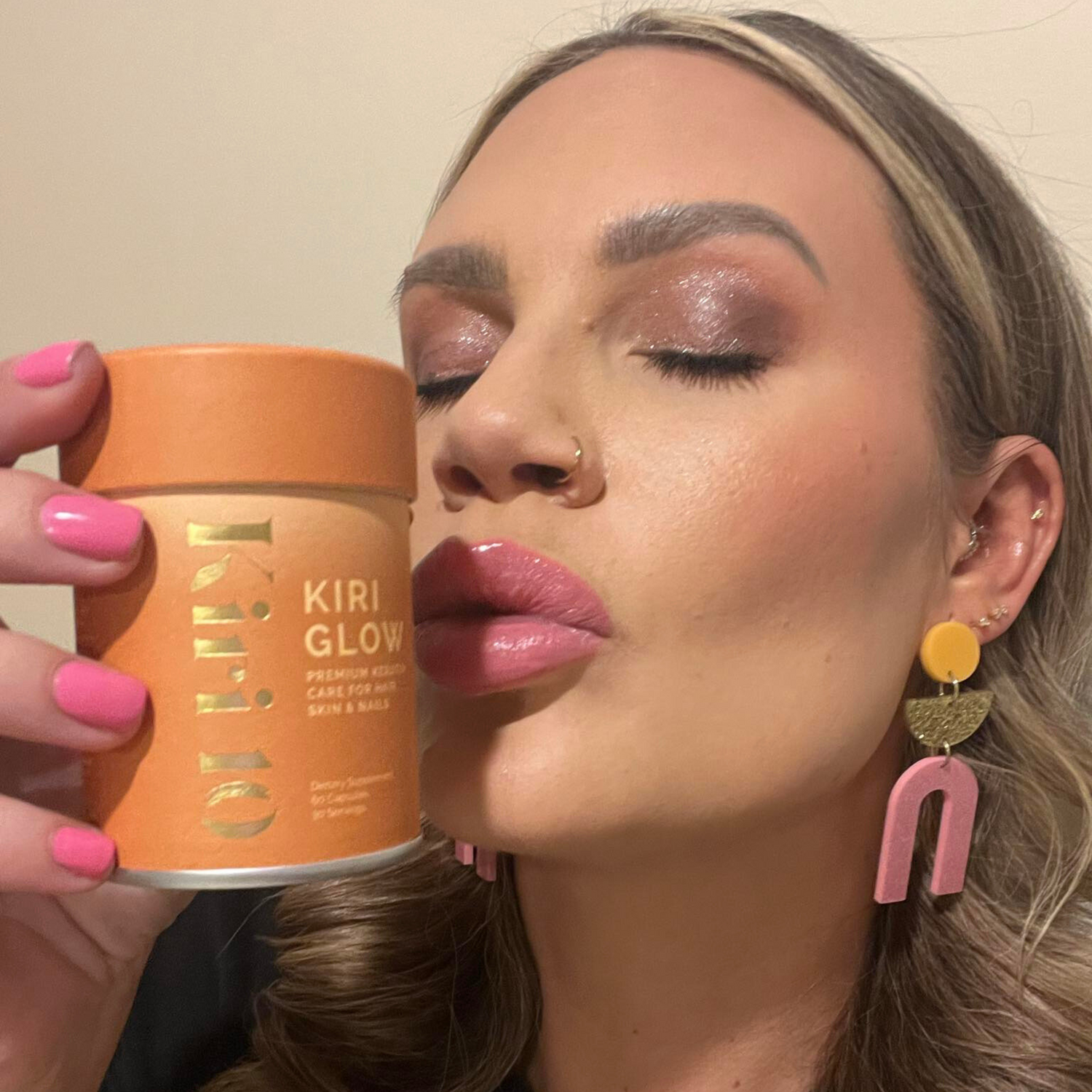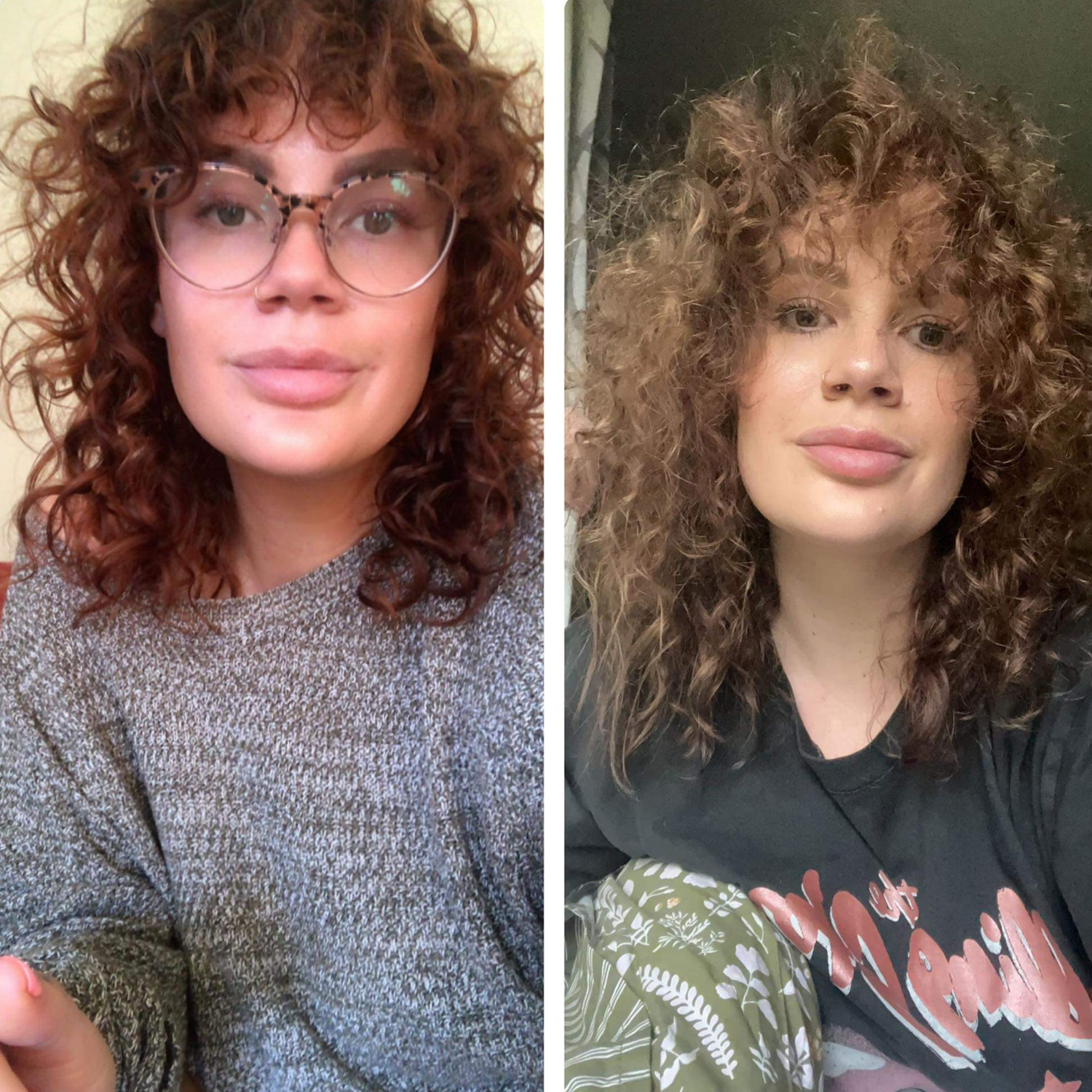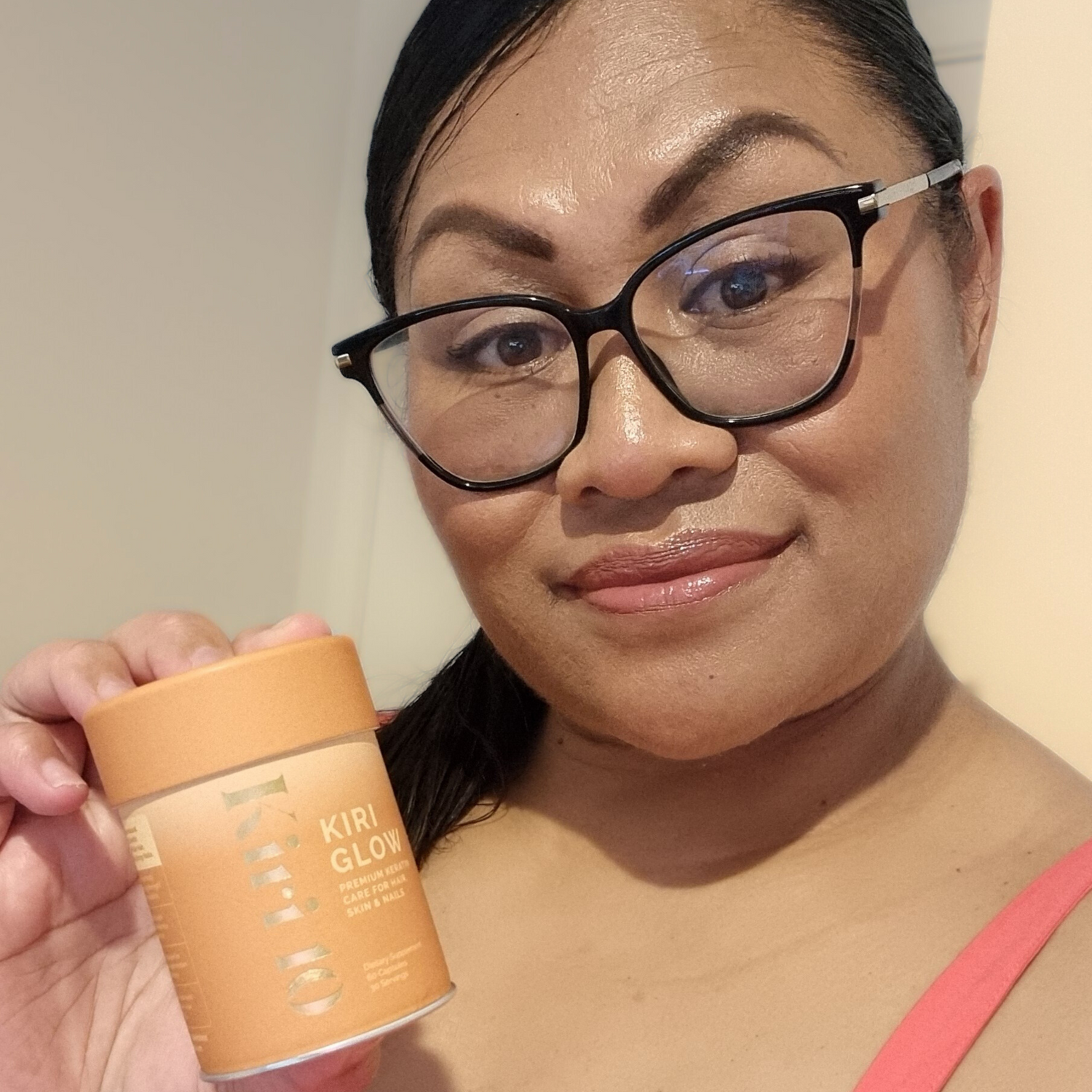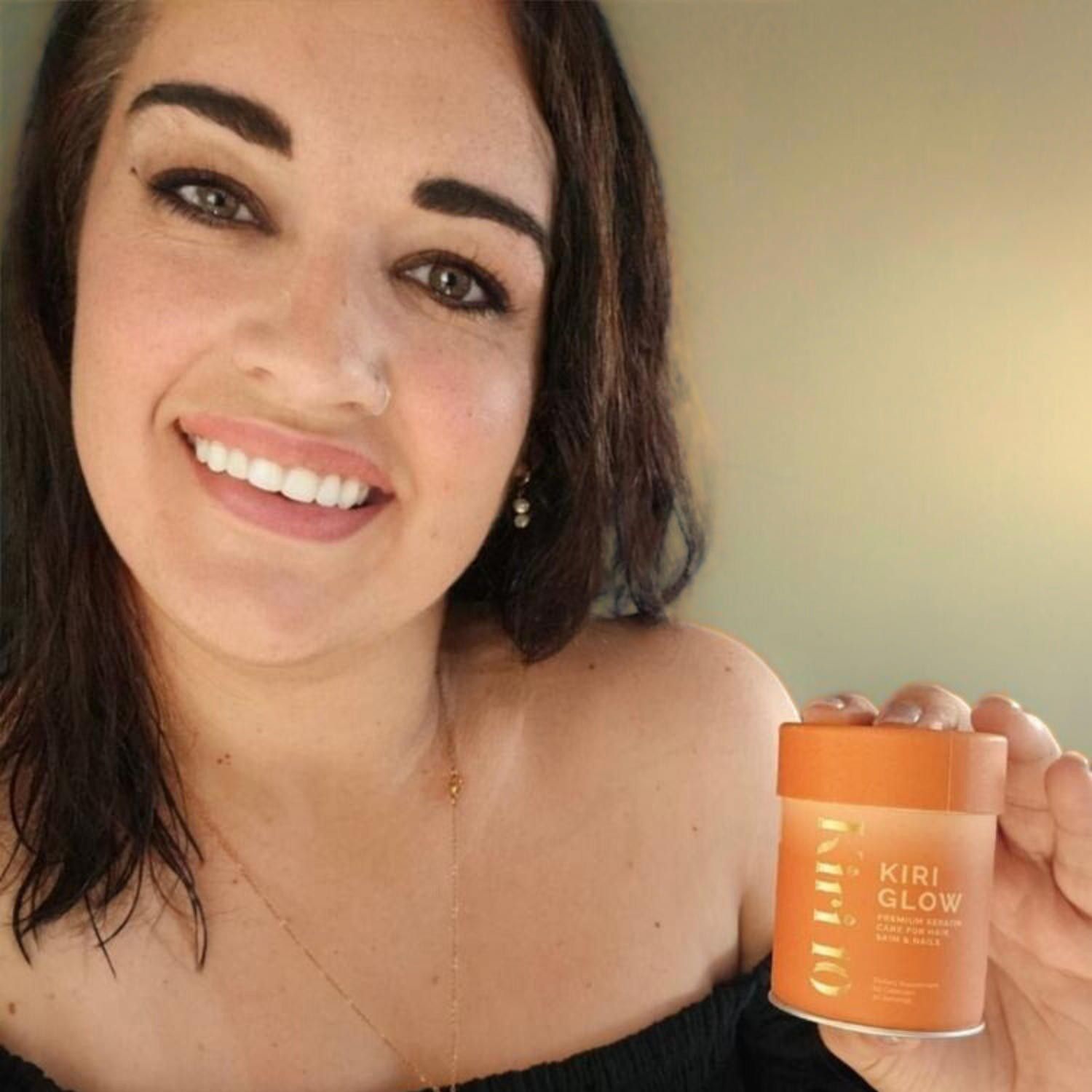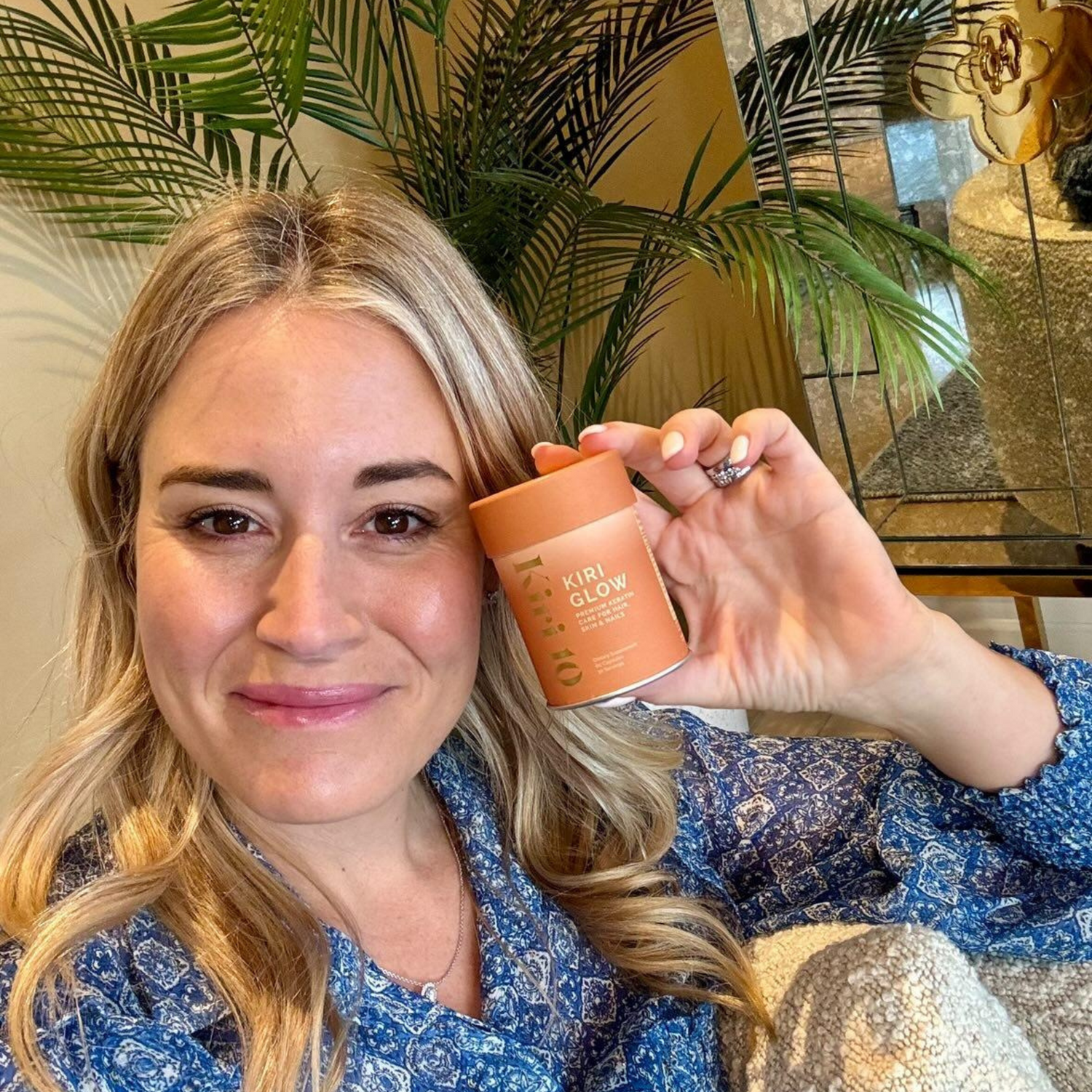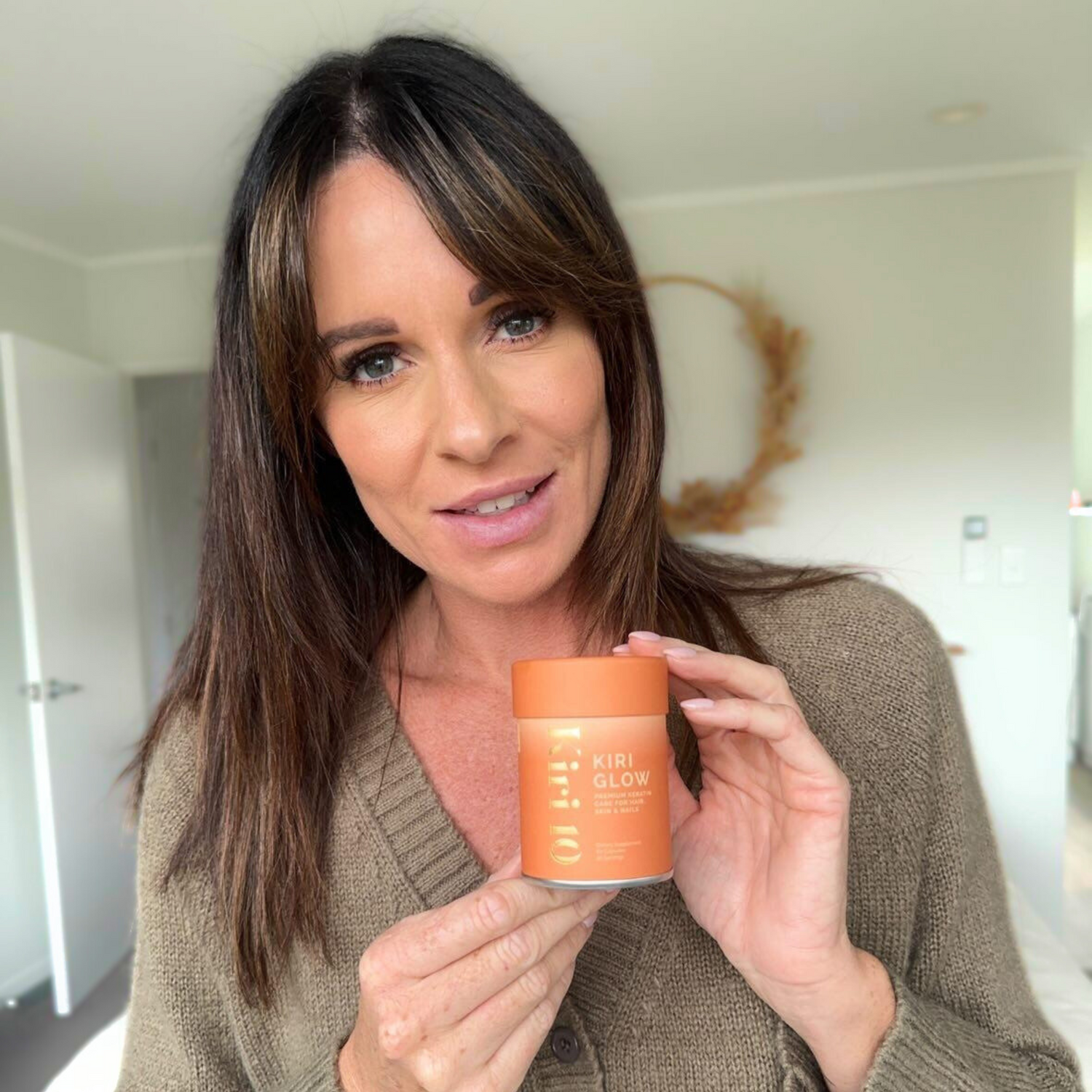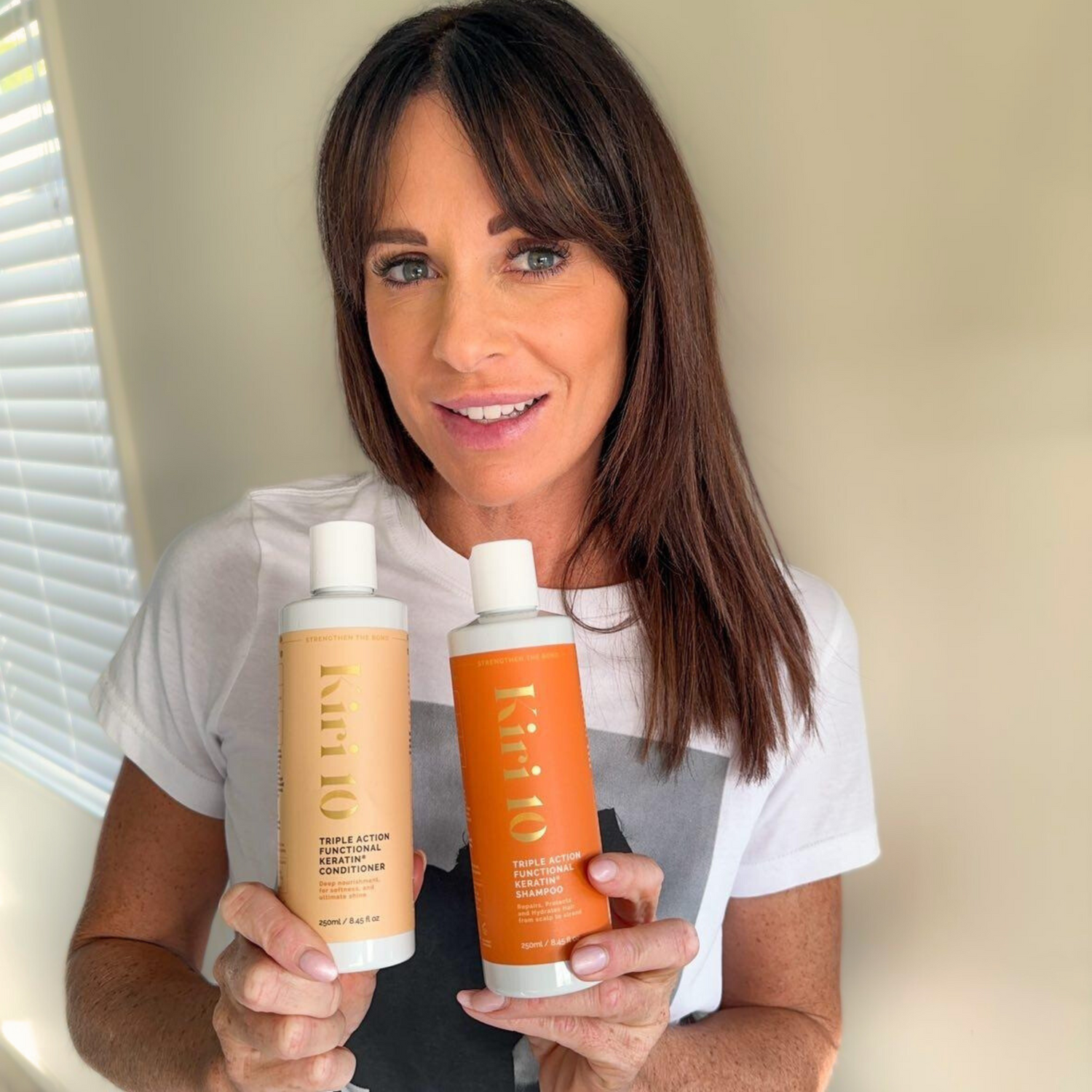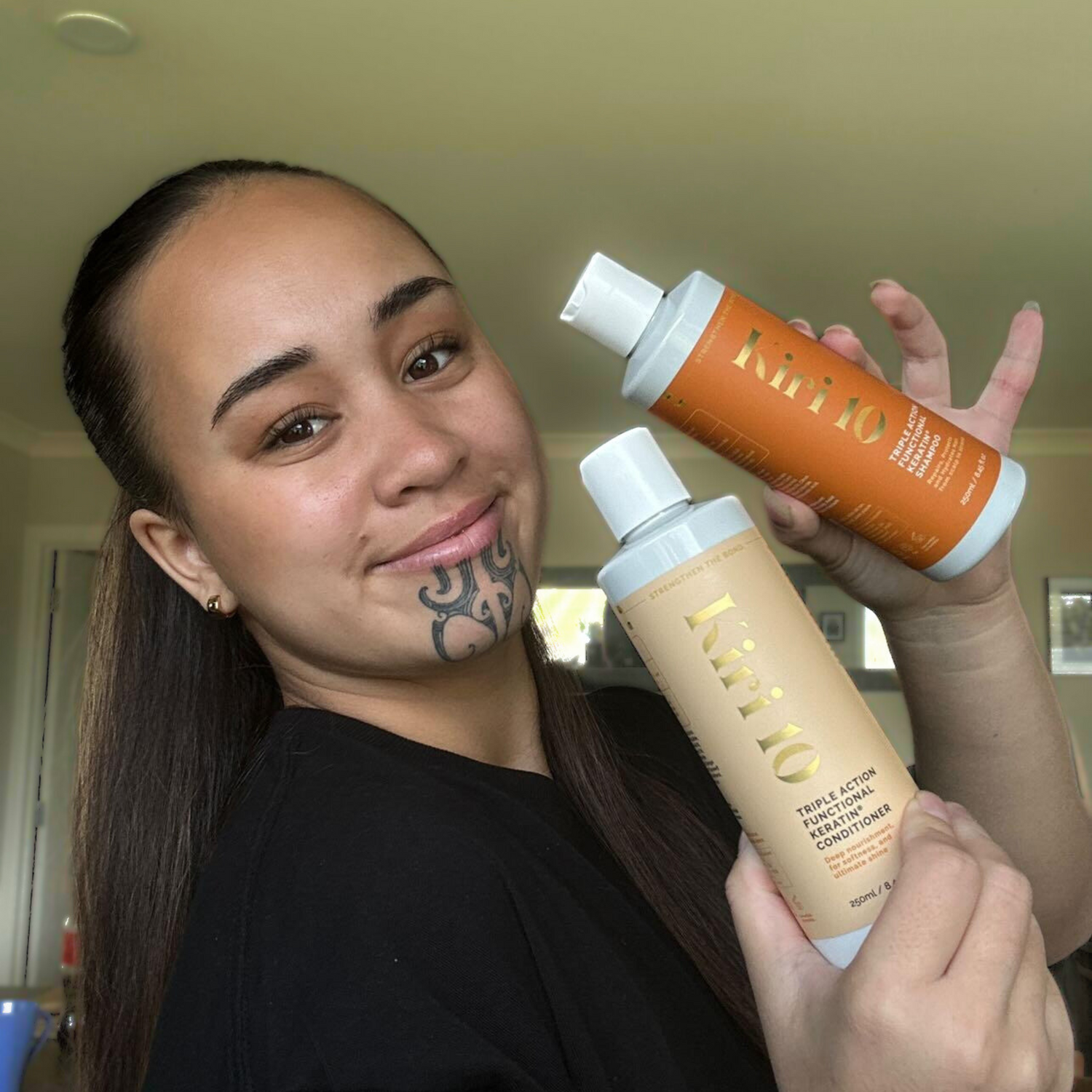When it comes to maintaining healthy and radiant skin, there are numerous factors to consider, and one crucial element that often goes unnoticed is keratin.
Keratin is a structural protein found in our skin, hair, nails, and other parts of the body. In recent years, researchers have unravelled the remarkable benefits of keratin for skin health, making it a fascinating and relevant topic to explore.
This blog post aims to shed light on the importance of keratin in skin health, its role in various skin conditions, and practical ways to boost keratin production for a more glowing complexion.
What is Keratin and Its Functions in the Skin
Keratin is a fibrous, structural protein that plays a vital role in maintaining the health and integrity of the skin. It is a key component of the epidermis, the outermost layer of the skin, as well as hair, nails, and other protective tissues in the body. Composed of long chains of amino acids, keratin forms a tough and resilient framework that provides strength, elasticity, and protection to the skin.
In the skin, keratin functions primarily as a structural barrier. It helps to create a protective shield that guards against environmental aggressors, such as harmful microbes, pollutants, and UV radiation. This protective barrier also helps to prevent excessive water loss, maintaining the skin's hydration levels and overall moisture balance.
Additionally, keratin contributes to the process of desquamation, the natural shedding of dead skin cells from the skin's surface. By participating in this regular turnover, keratin ensures that the skin remains smooth and renewed, while also preventing the accumulation of old, damaged cells.
Keratin and Common Skin Concerns
Keratin plays a significant role in various common skin concerns, as its presence and functionality impact the overall health and appearance of the skin. One of the most prevalent skin issues affected by keratin is dry skin.
A lack of sufficient keratin can compromise the skin's protective barrier, leading to increased moisture loss and a feeling of tightness and roughness. By promoting the synthesis of keratin, individuals can help strengthen their skin's barrier function and improve moisture retention, alleviating dryness.
Keratin is also involved in the formation of hair follicles and sebaceous glands. Imbalances in keratin production can lead to conditions such as acne. Excess keratin production can block hair follicles and trap sebum, creating an environment favourable for the proliferation of acne-causing bacteria. Therefore, regulating keratin levels may help reduce the occurrence of acne and promote clearer skin.
In chronic skin conditions like eczema and psoriasis, the keratinization process is disrupted, resulting in the buildup of thickened, scaly patches on the skin's surface. Encouraging proper keratinization through targeted treatments can aid in managing these conditions and promoting smoother, more comfortable skin.
Moreover, as the skin ages, the production of keratin can diminish, contributing to the development of fine lines, wrinkles, and a loss of elasticity. By supporting the skin's natural keratin production through appropriate skincare and dietary practices, individuals can help minimise the signs of ageing and maintain a more vibrant complexion.
Dietary Recommendations for Enhanced Keratin Synthesis
Maintaining a well-balanced and nutrient-rich diet is crucial for supporting enhanced keratin synthesis and promoting healthy skin, hair, and nails. Here are some dietary recommendations to boost keratin production:
- Protein-Rich Foods: Keratin is primarily composed of protein, so ensuring an adequate intake of protein-rich foods is essential. Include sources like lean meats, poultry, fish, eggs, dairy products, legumes, and plant-based proteins like tofu and quinoa in your diet.
- Vitamins A and C: Vitamin A is essential for skin health and keratin production. Consume foods rich in beta-carotene, such as carrots, sweet potatoes, and spinach, as they can be converted to vitamin A in the body. Vitamin C is crucial for collagen formation, which indirectly supports keratin synthesis. Citrus fruits (oranges, kiwi, lemon, grapefruit), strawberries, and bell peppers are excellent sources of vitamin C.
- Biotin (Vitamin B7): Biotin is known as the "beauty vitamin" because of its role in promoting healthy hair, skin, and nails. Include foods like eggs, nuts, seeds, and whole grains, which are good sources of biotin.
- Sulphur-Rich Foods: Sulphur is an essential mineral for keratin formation. Foods rich in sulphur include garlic, onions, broccoli, and cabbage.
- Omega-3 Fatty Acids: Omega-3 fatty acids contribute to healthy skin by reducing inflammation and supporting the skin's natural barrier. Incorporate foods like fatty fish (salmon, mackerel), chia seeds, flaxseeds, and walnuts into your diet.
- Zinc and Iron: These minerals play a role in keratin synthesis and overall skin health. Include zinc-rich foods like oysters, beef, and pumpkin seeds, and iron-rich foods like red meat, lentils, and spinach.
- Water: Hydration is essential for skin health and overall well-being. Drink plenty of water throughout the day to maintain proper skin hydration and support keratin production. Try adding lemon, cucumber or mint for a flavour twist.
Ingredients present in Kiri10 supplements and how can they help our skin, nail and hair’s health?
Keratin supplements infused with keraGEN-IV™ (Digestible Functional Keratin® Protein), Collactive® (Marine Collagen with elastin peptides), OptiMSM™, Biotin, Zinc, and Copper can have a comprehensive impact on the health of your skin, nails, and hair:
Skin Health
keraGEN-IV™ is a digestible functional keratin protein that may contribute to skin health by supporting the skin's protective barrier and moisture retention. Collactive®, a combination of marine collagen and elastin peptides, can enhance skin elasticity and firmness, reducing the appearance of fine lines and wrinkles.
OptiMSM™, a pure form of MSM (methylsulfonylmethane), can aid in reducing inflammation and promoting a clear complexion. Zinc and Copper are essential minerals that play a role in collagen synthesis, which supports skin structure and repair.
Nail Health
The combination of Keratin and Collactive® in the supplement may help strengthen the structure of your nails, making them less prone to brittleness and breakage. Biotin is a key nutrient known for promoting healthy nail growth and preventing nail splitting.
Hair Health
keraGEN-IV™ supplies the necessary building blocks for hair keratin, potentially leading to stronger, more resilient hair strands and also triggers expressions of collagens 4 & 7, the main collagens around the hair follicle, reducing hair fall. Collactive® supports hair elasticity, reducing hair breakage and improving overall hair texture. OptiMSM™ and Biotin play a role in promoting hair growth and maintaining healthy hair.
However, it's essential to note that individual responses to supplements can vary, and results may take time to become noticeable. Additionally, the efficacy of the supplement might depend on factors such as your existing diet, lifestyle, and overall health.
Before starting any supplement regimen, it's recommended to consult with a healthcare professional to ensure it's appropriate for your specific needs and to avoid any potential interactions with other medications or health conditions.
If you need more inputs about our keratin supplements or want to place an order, feel free to check out our page, and connect with us!
